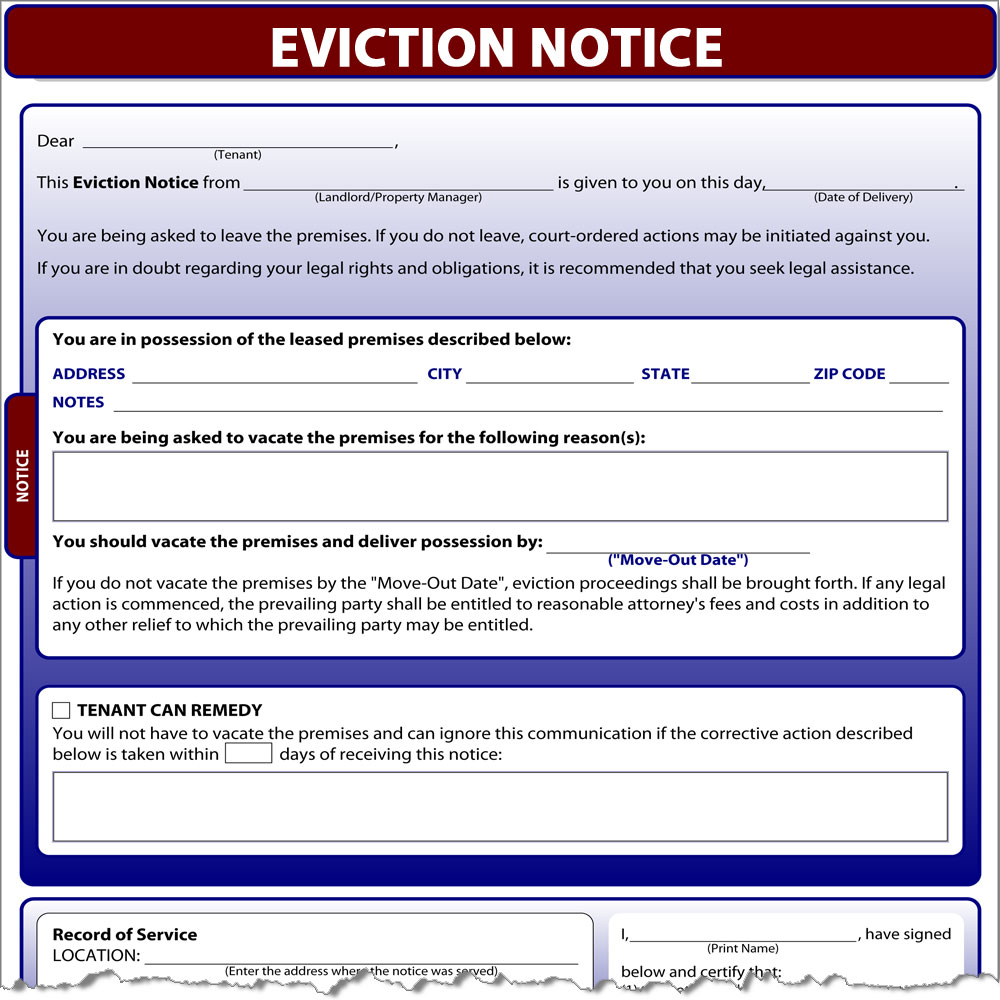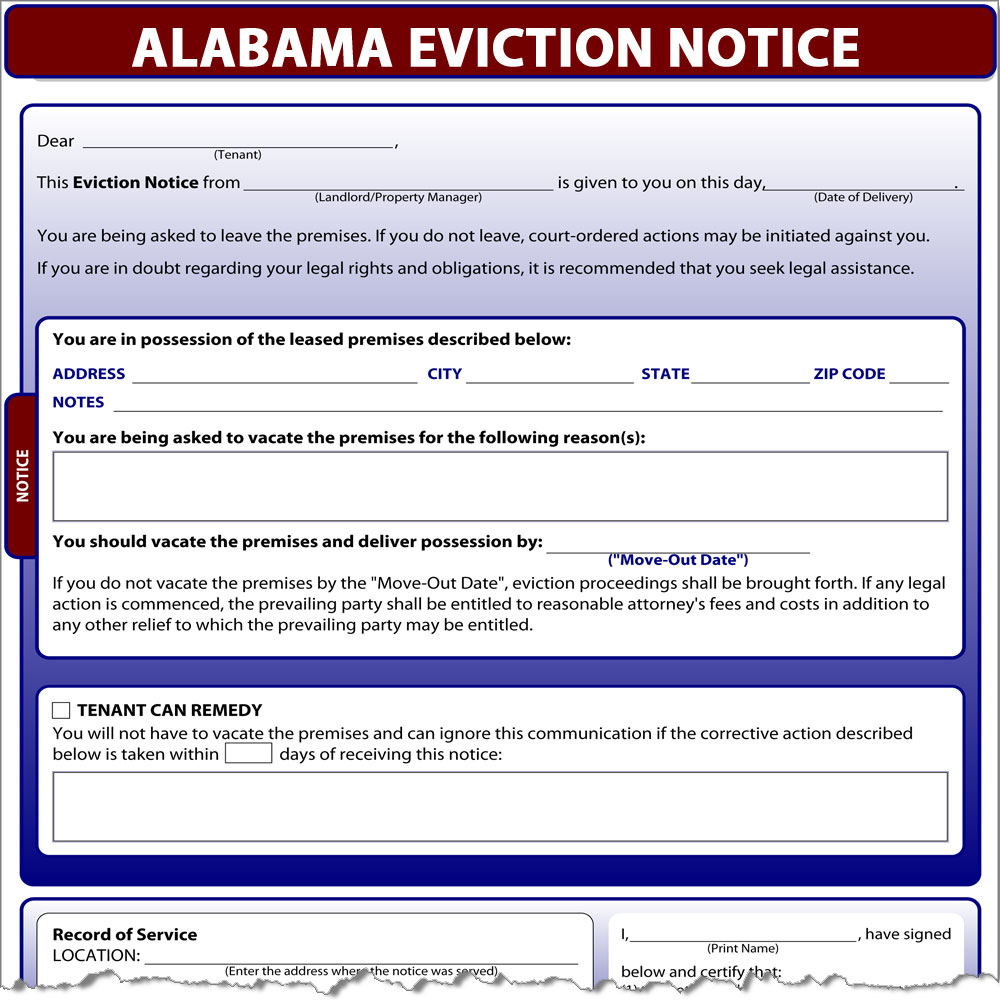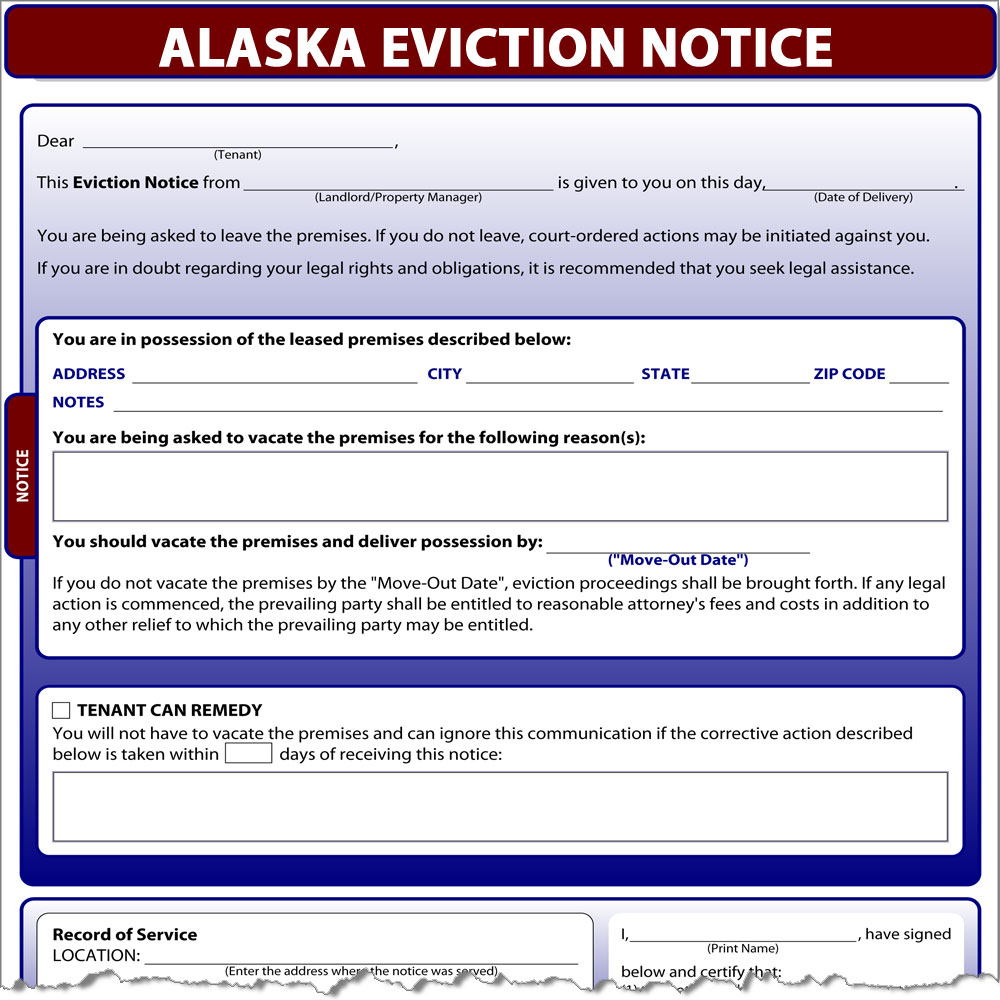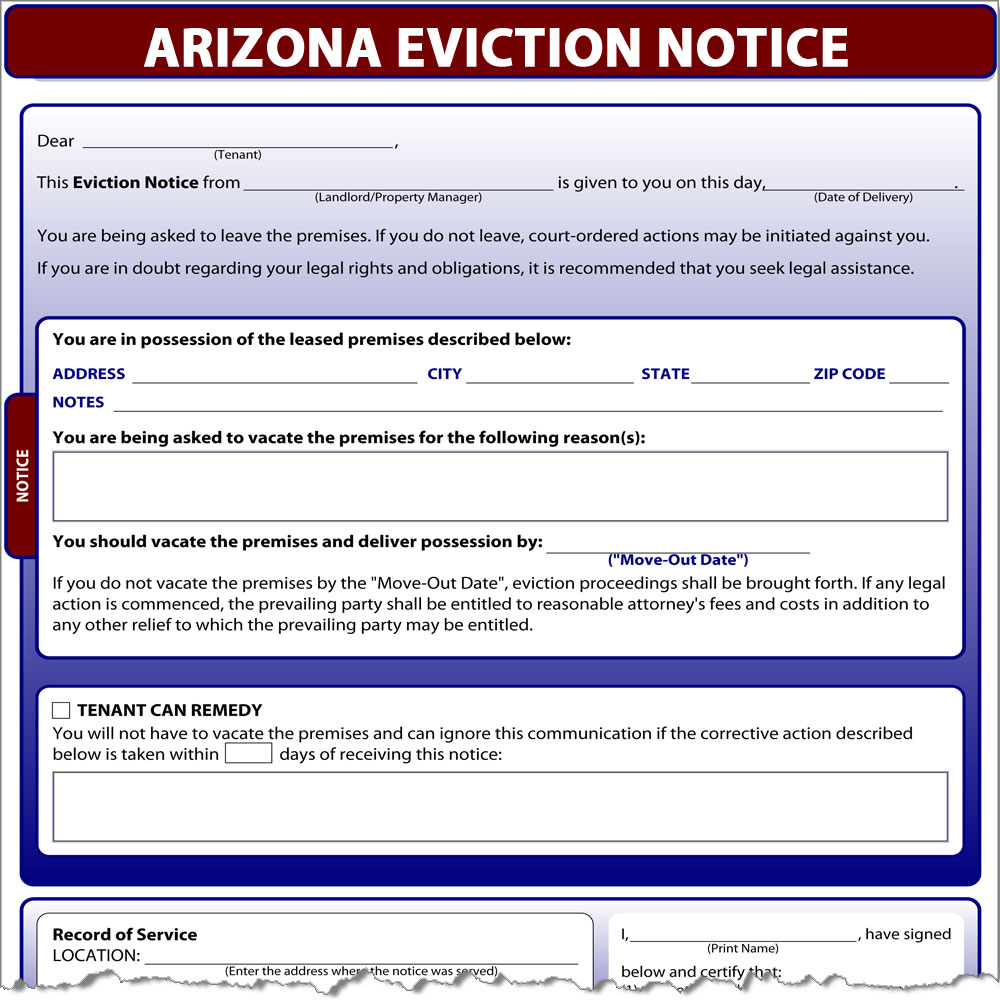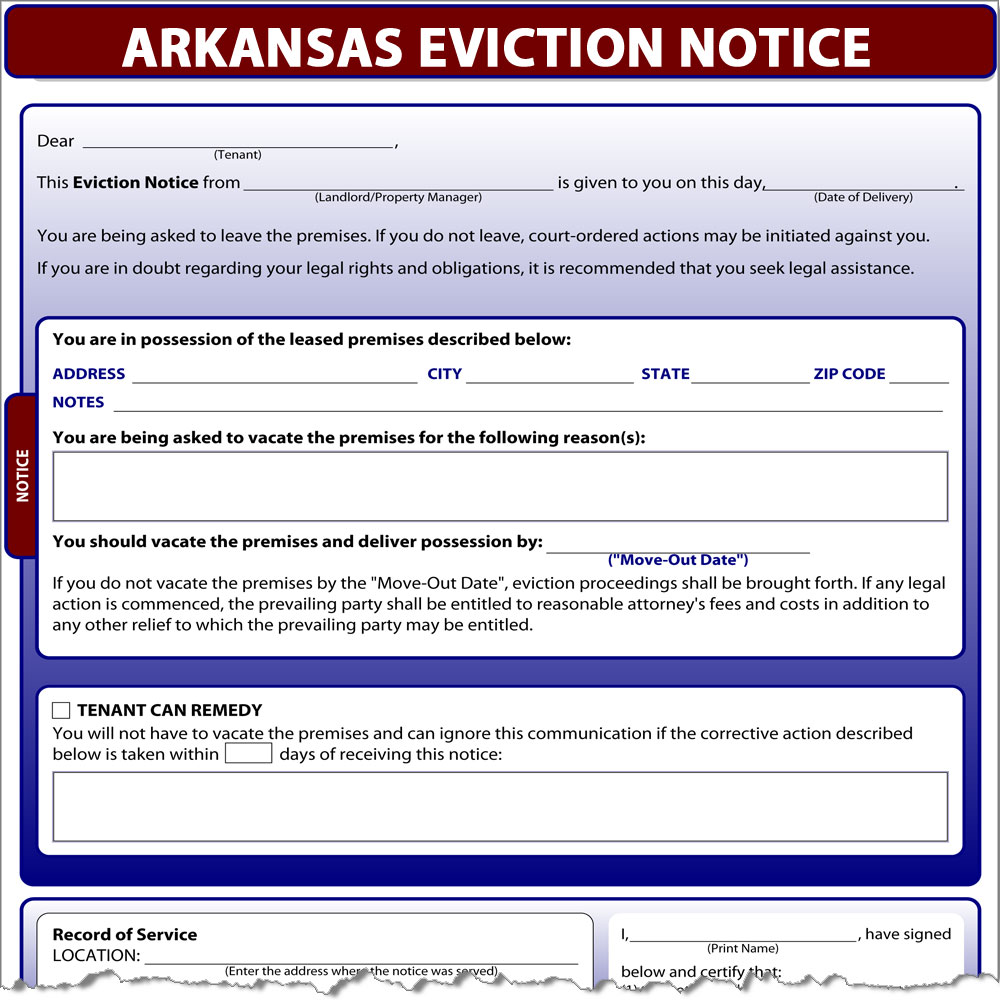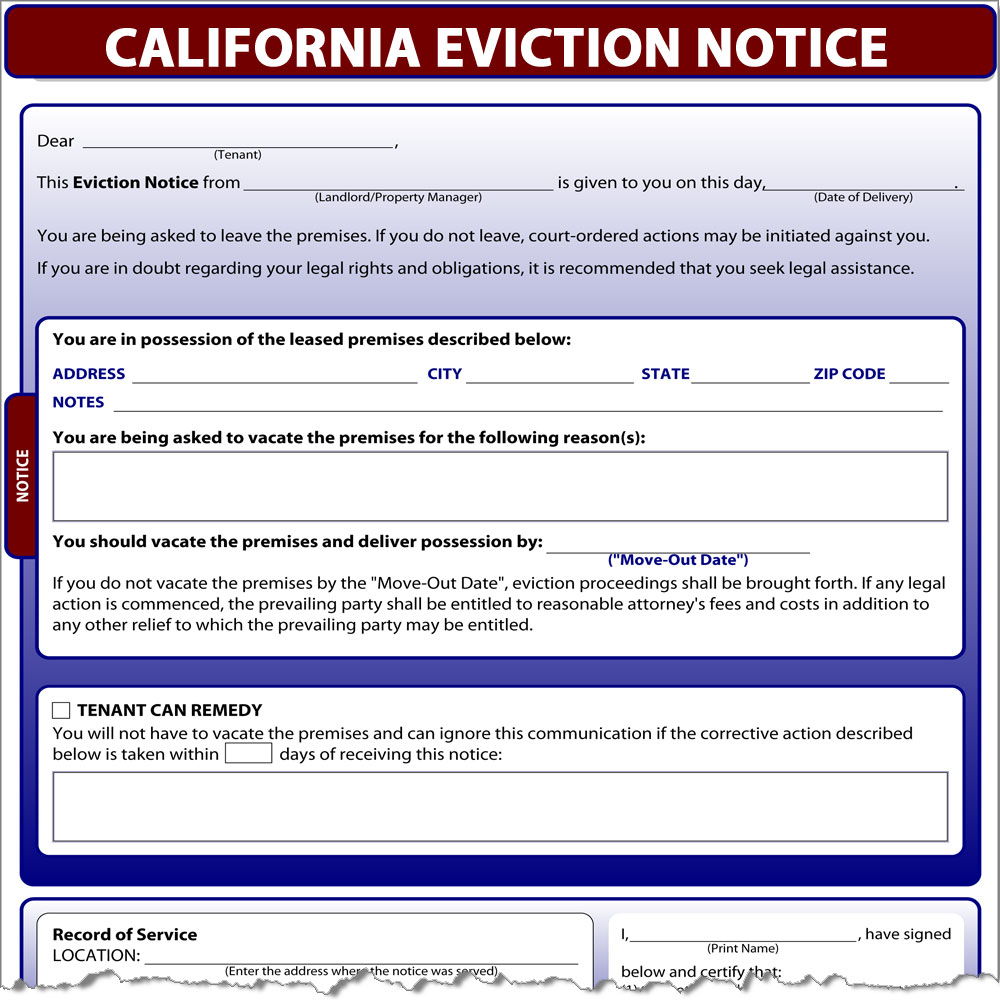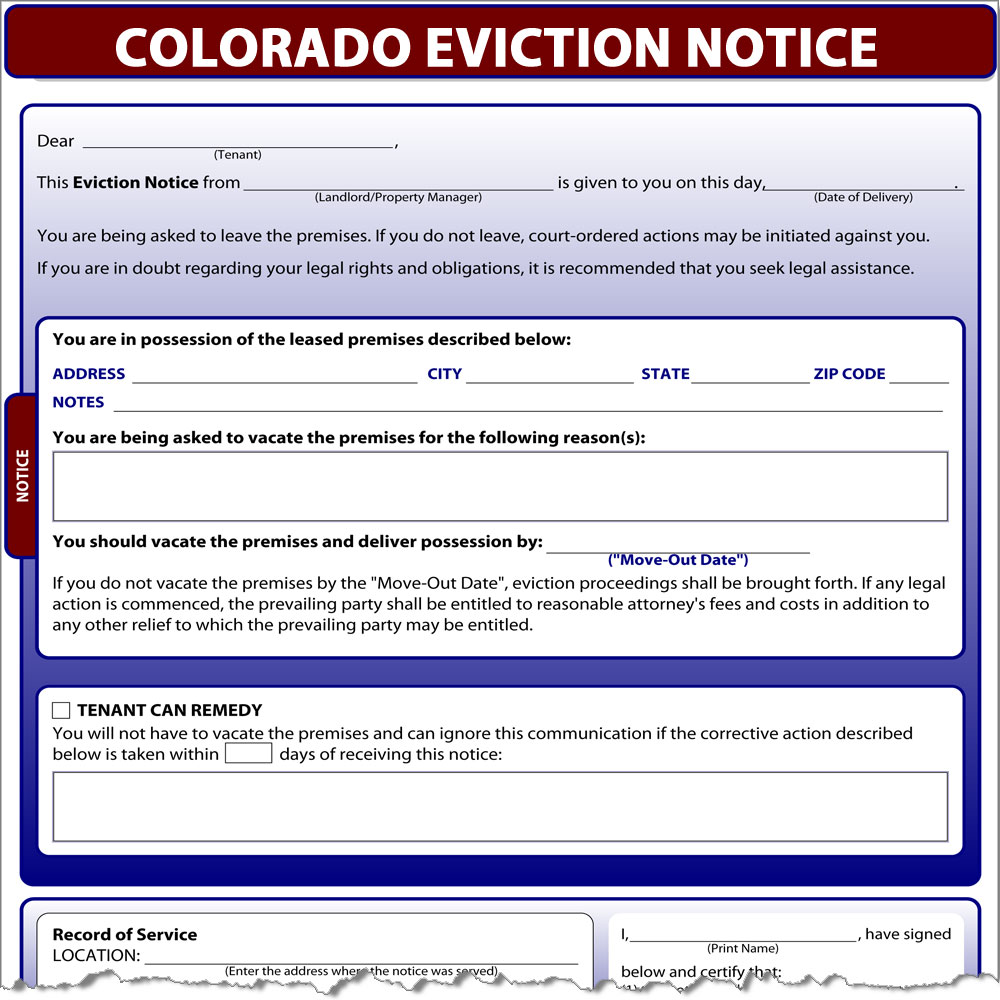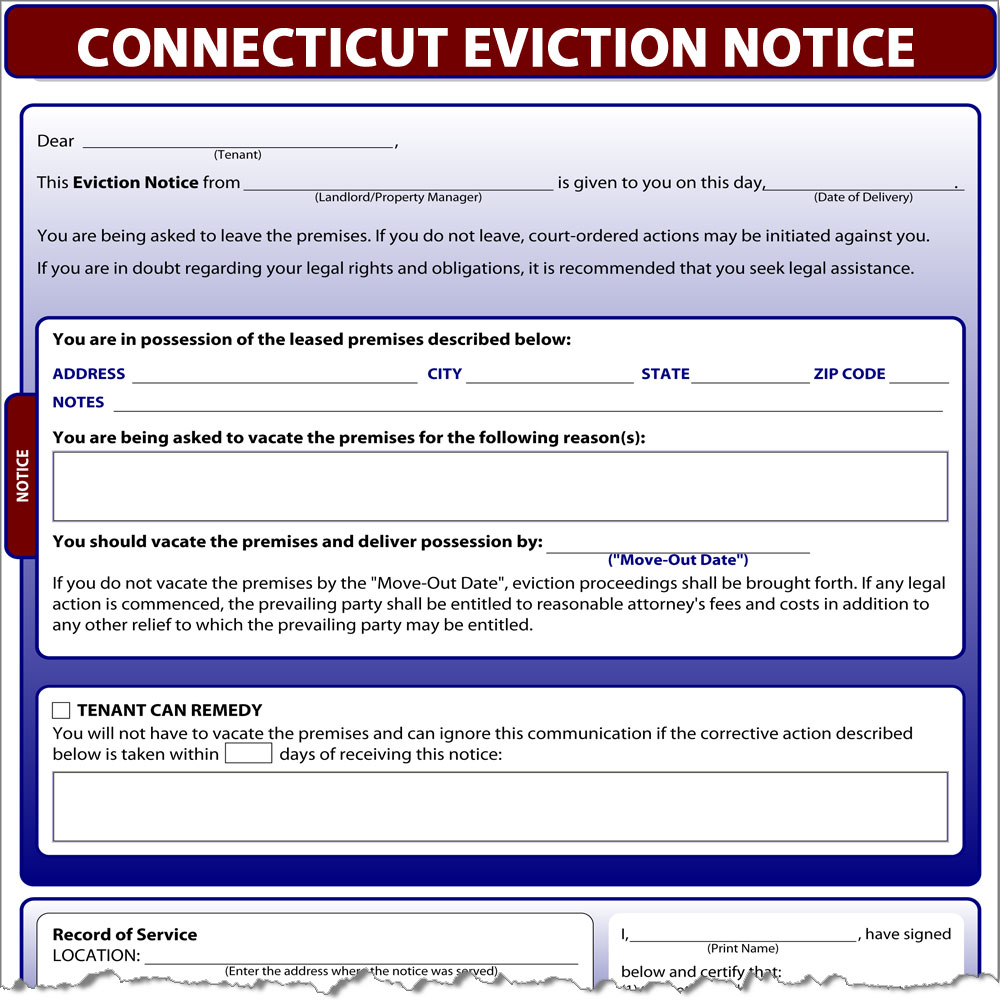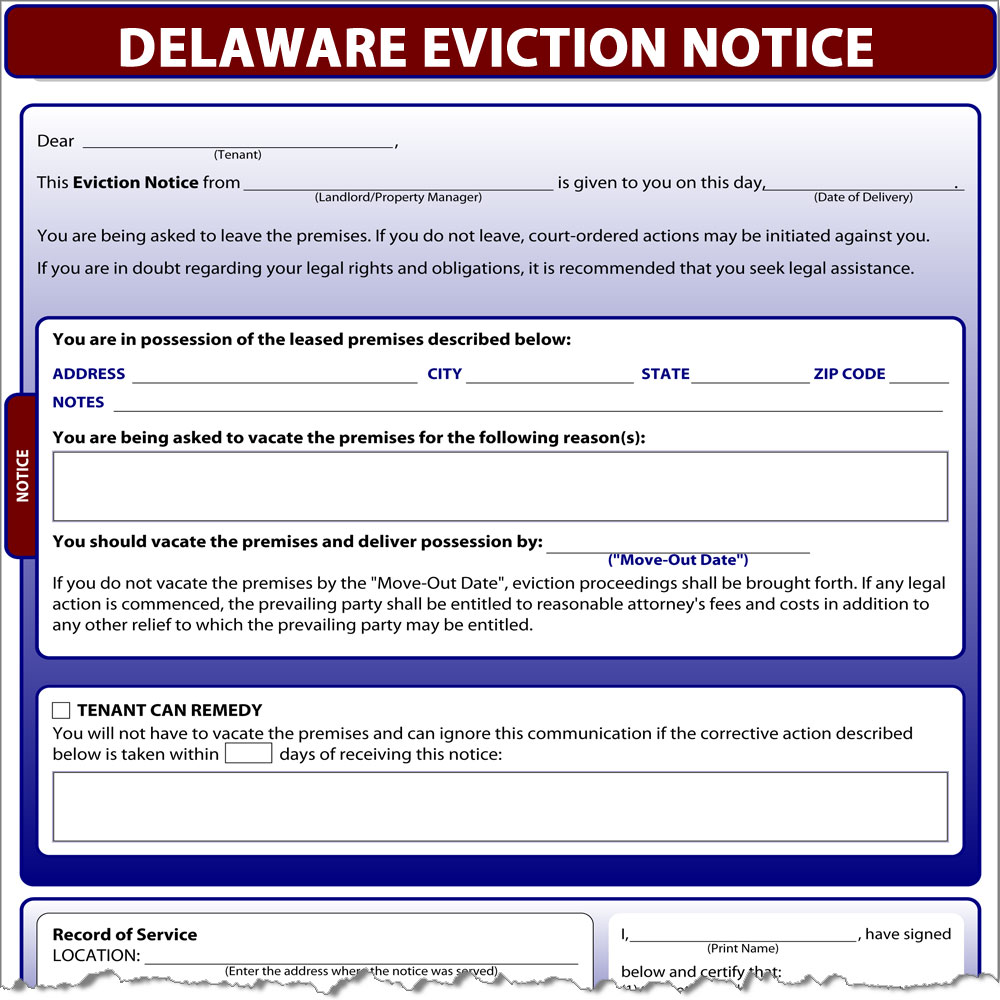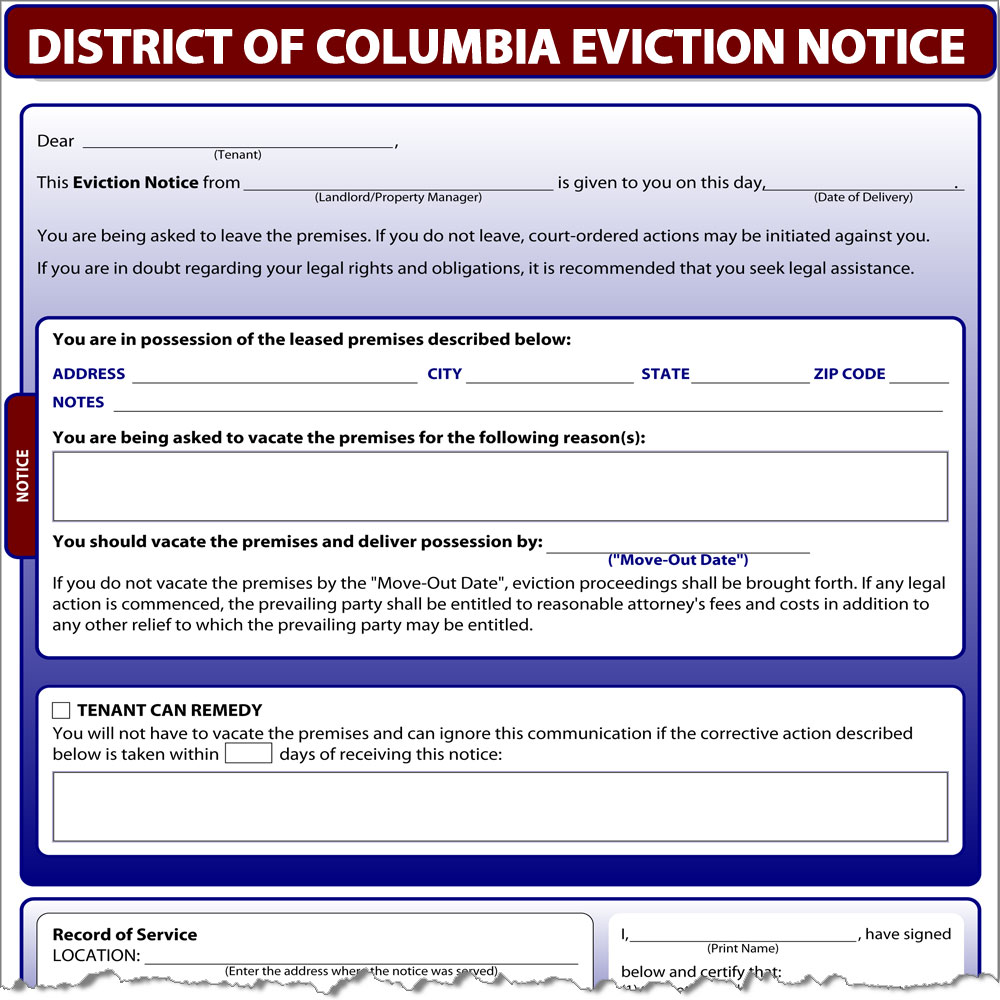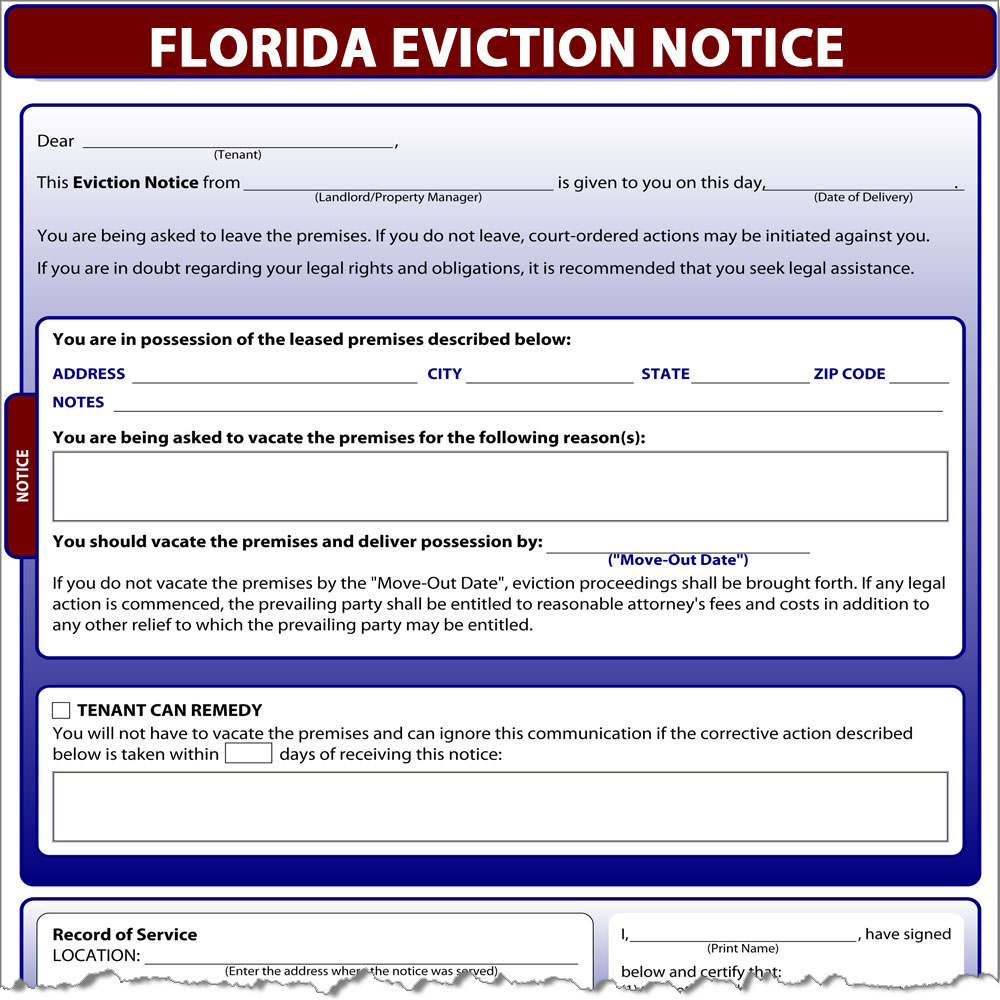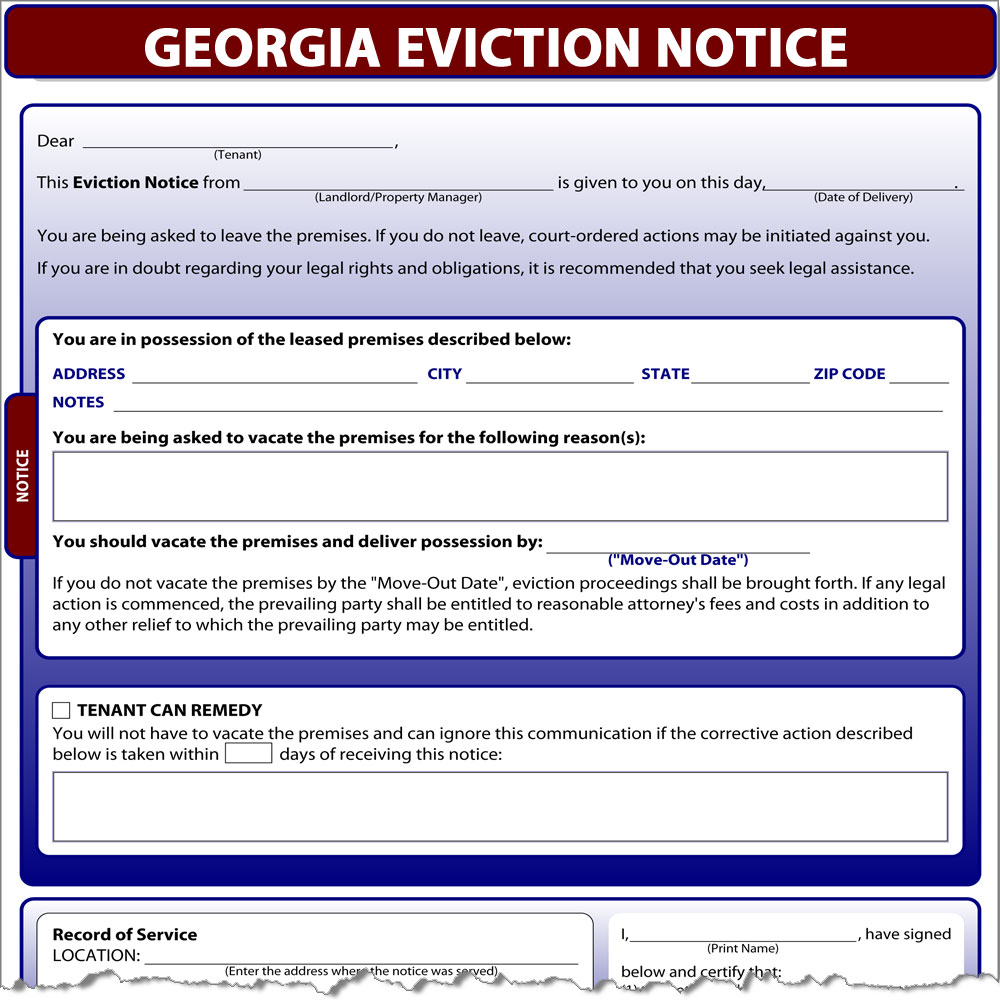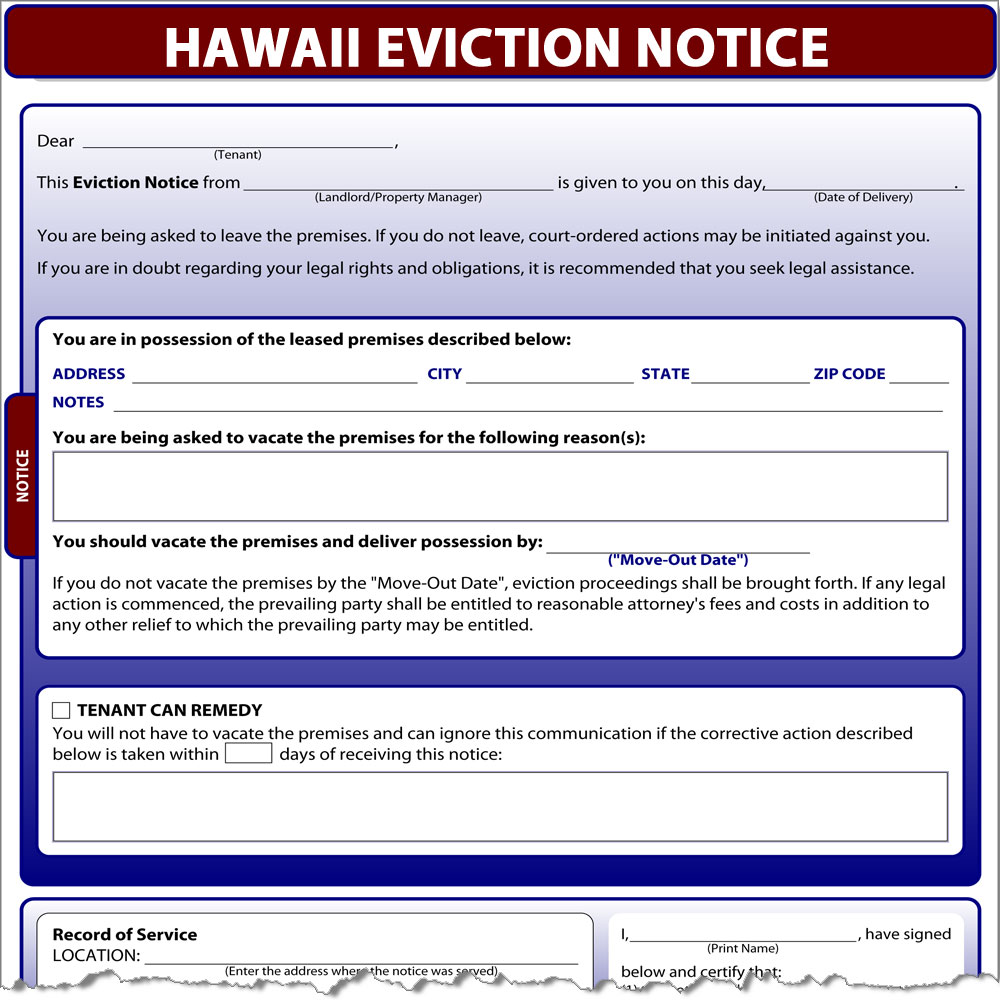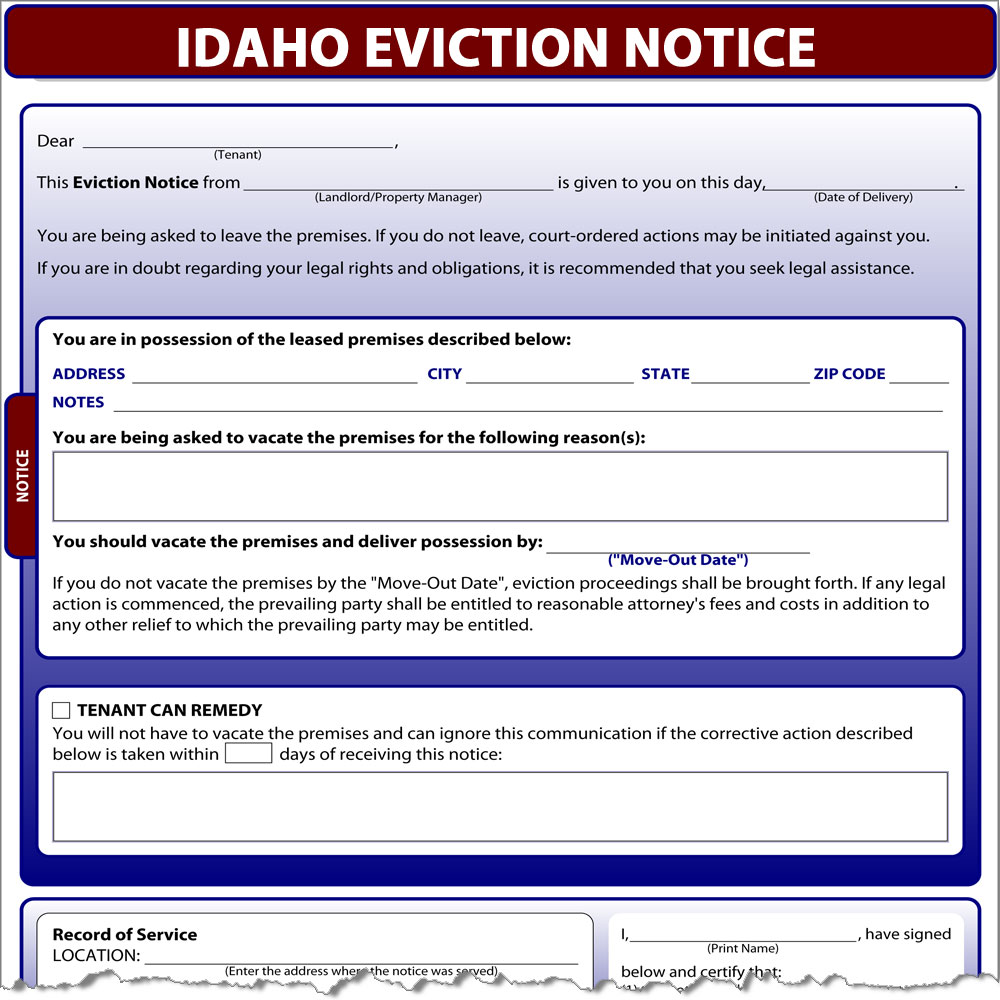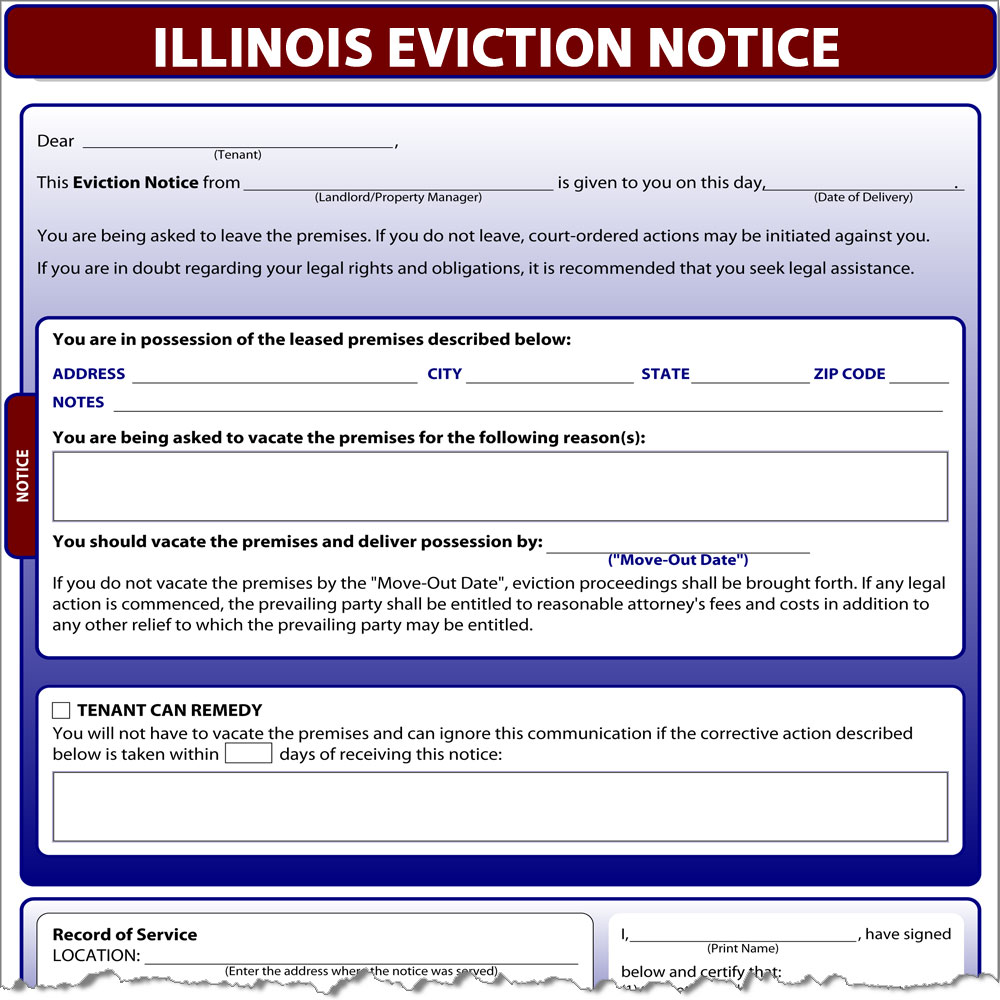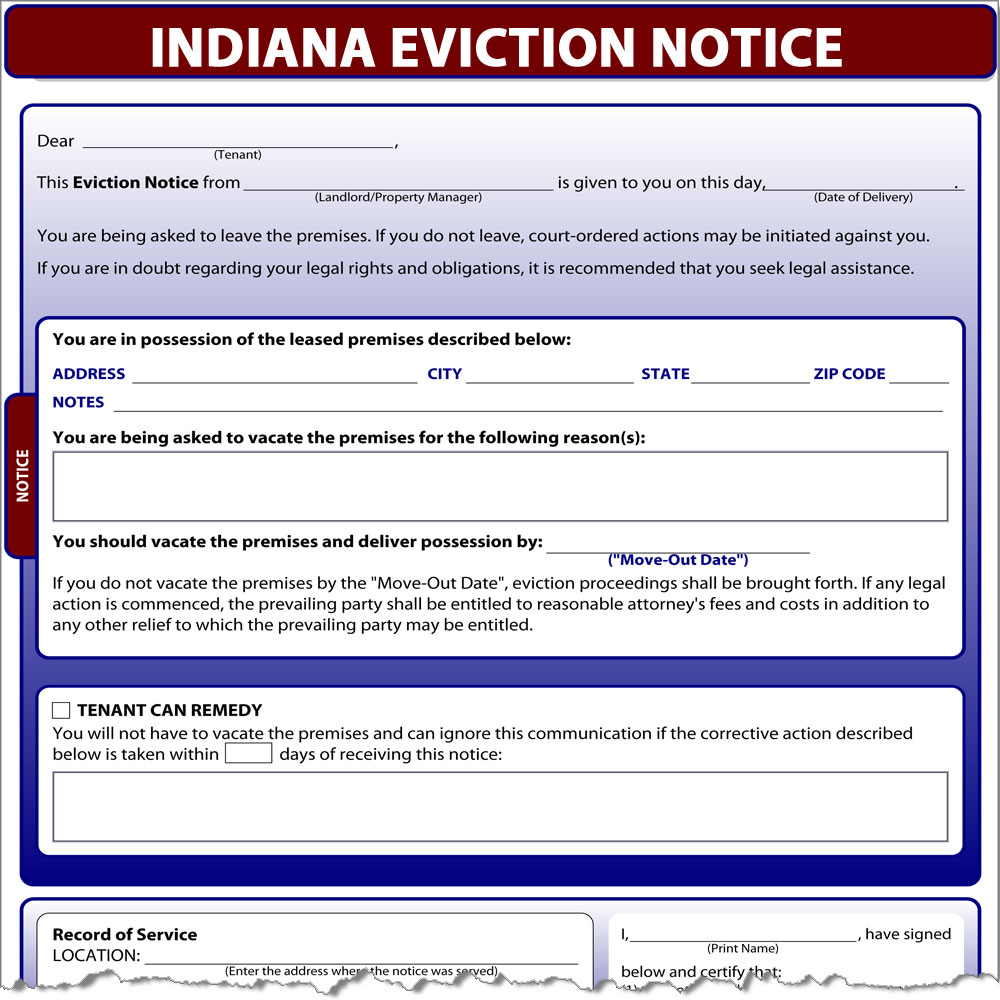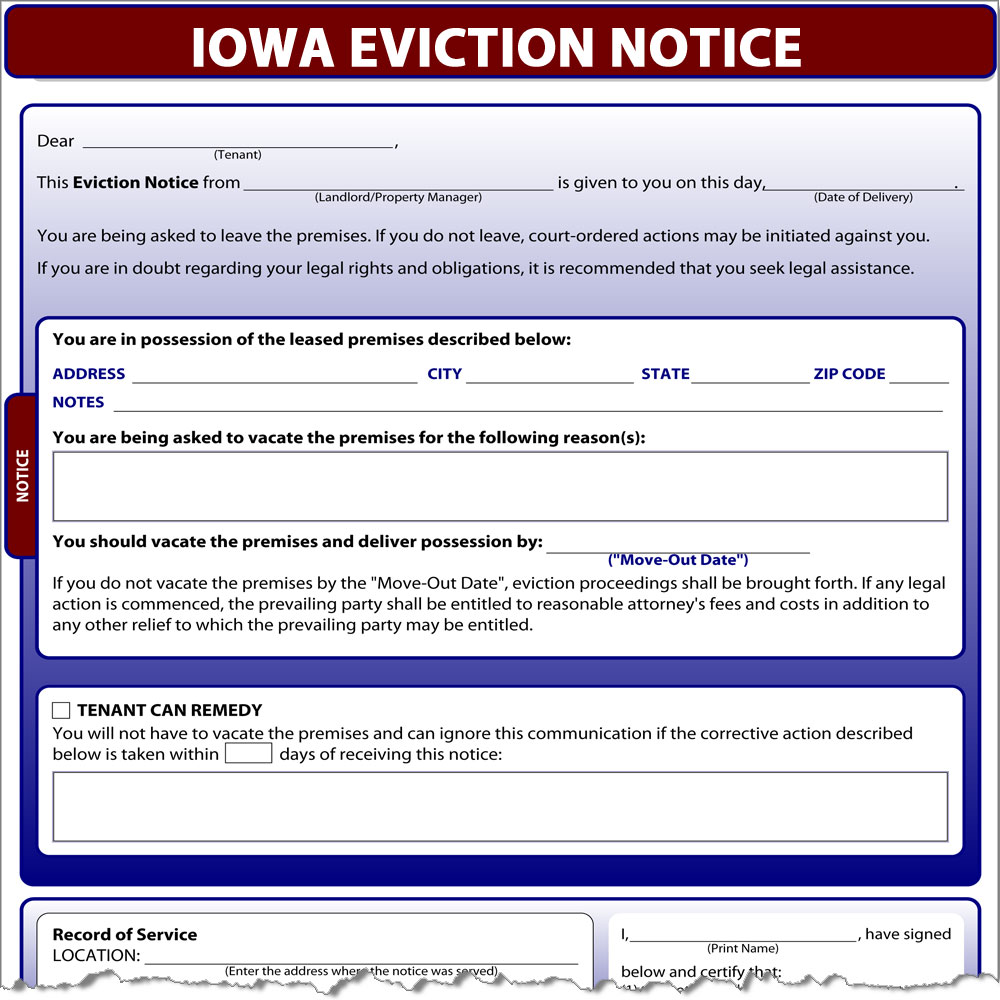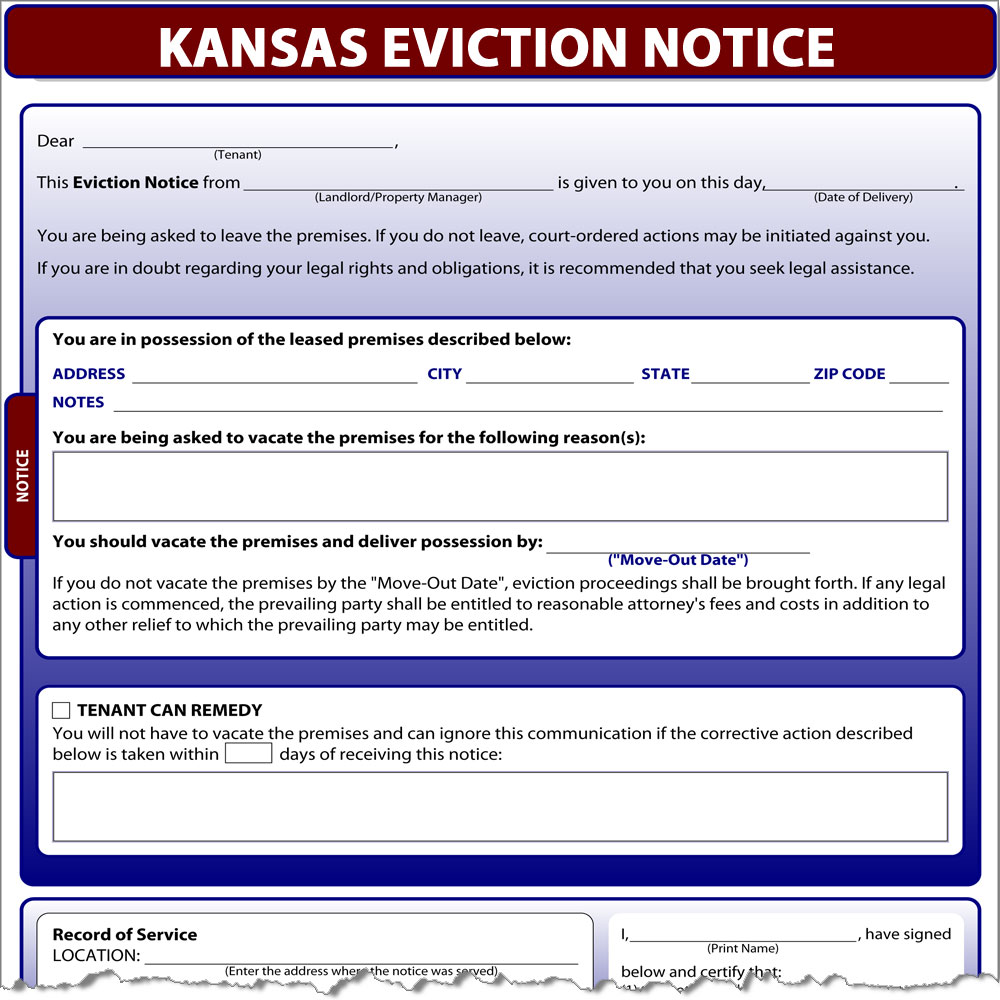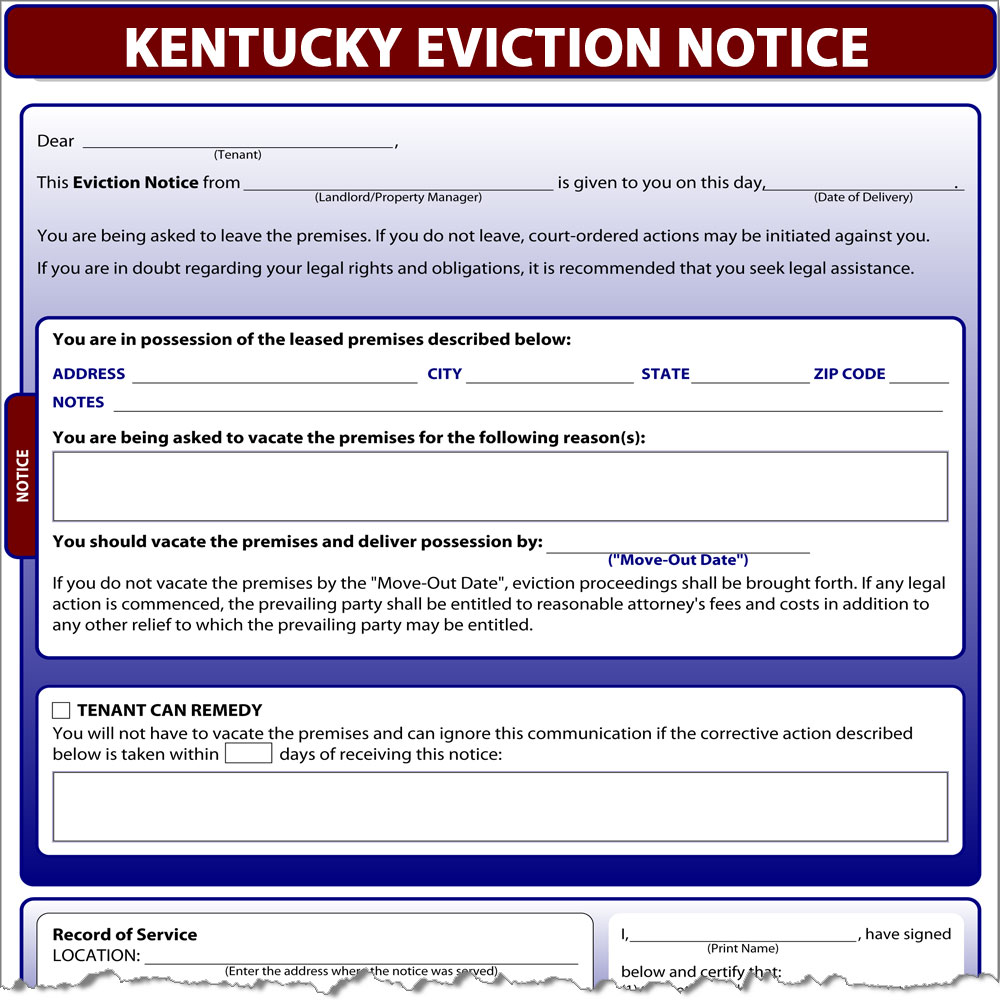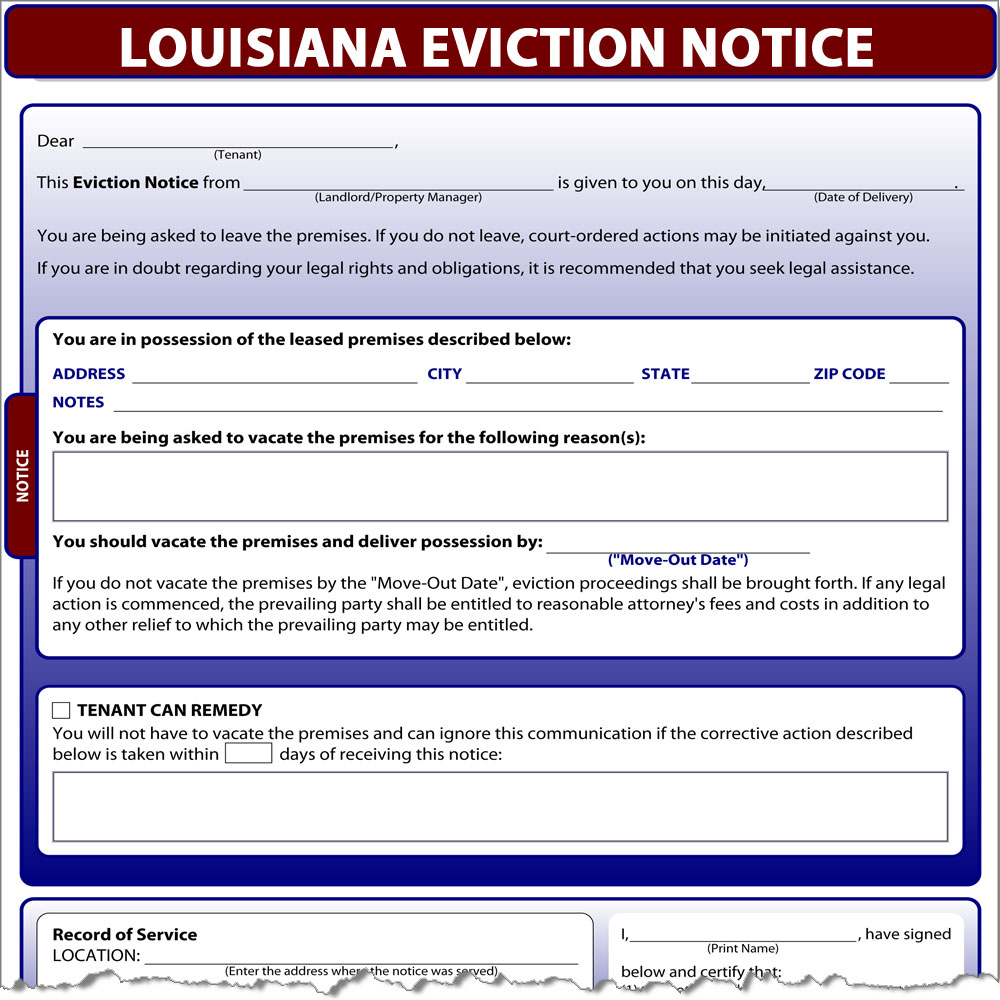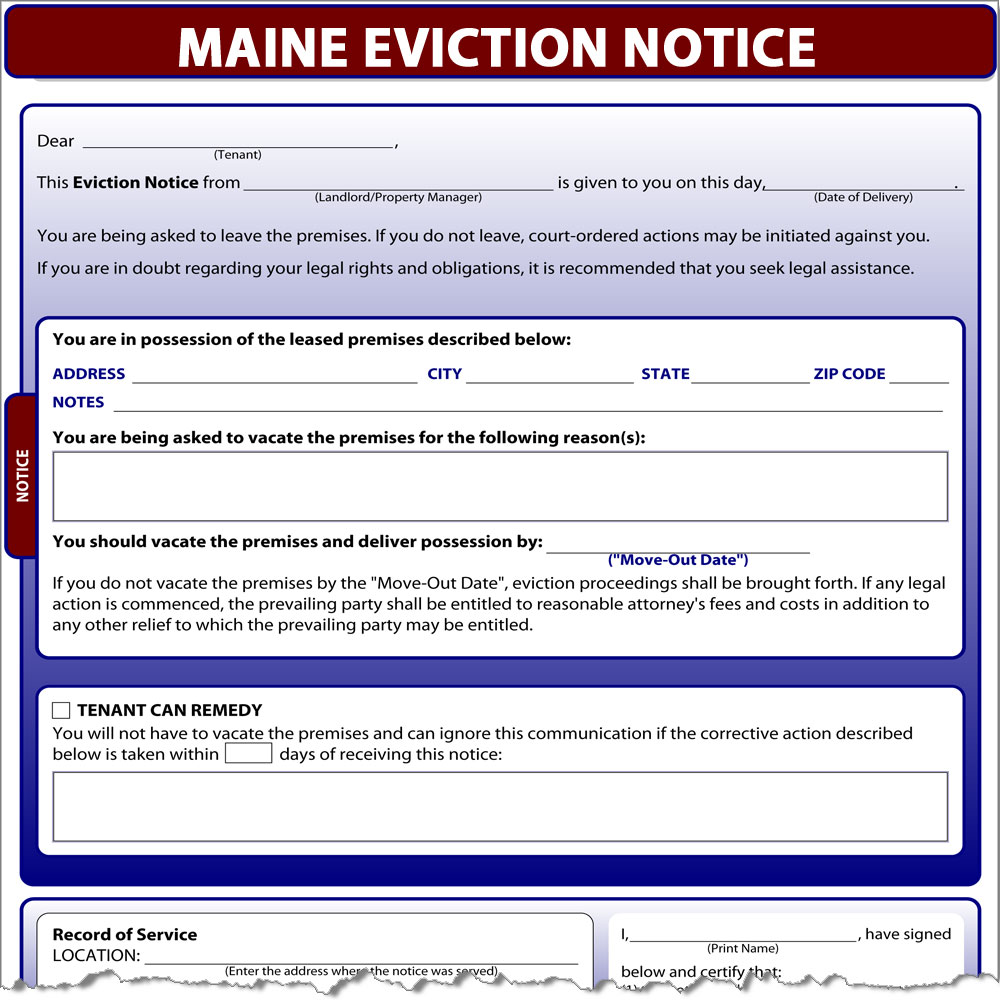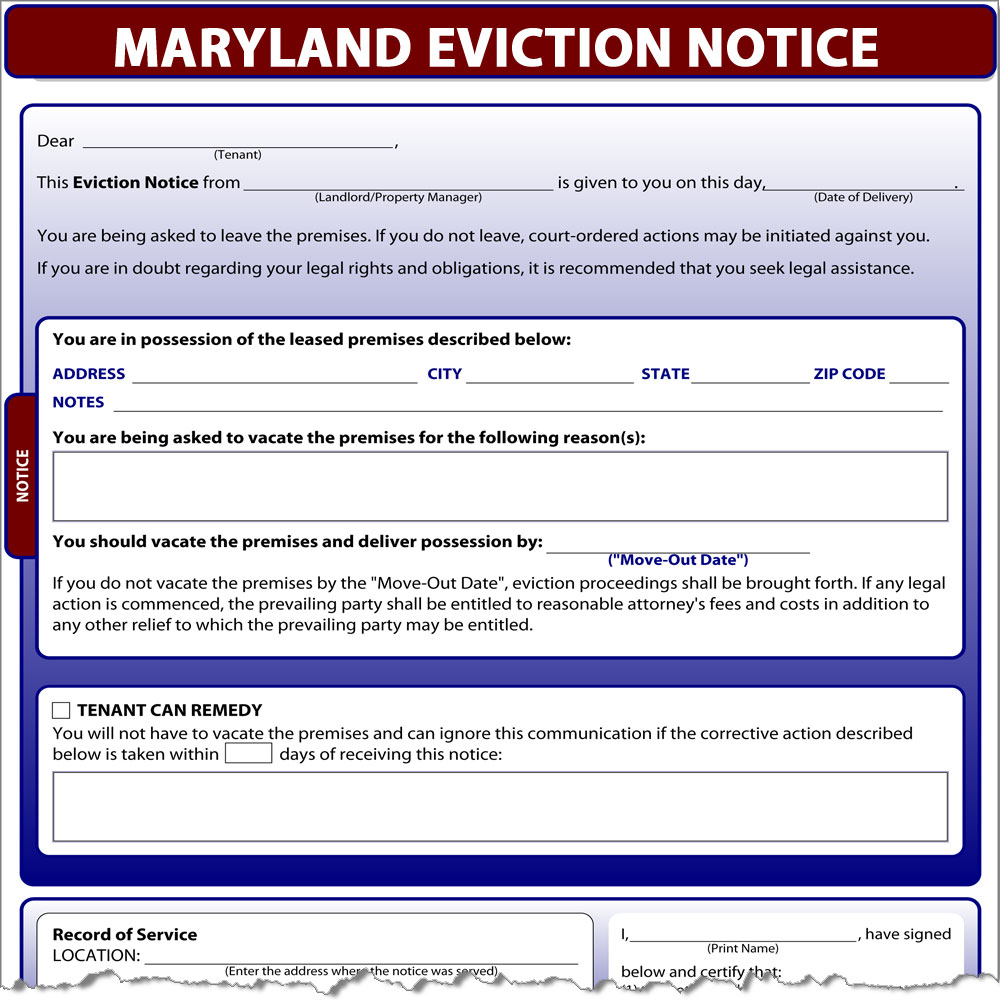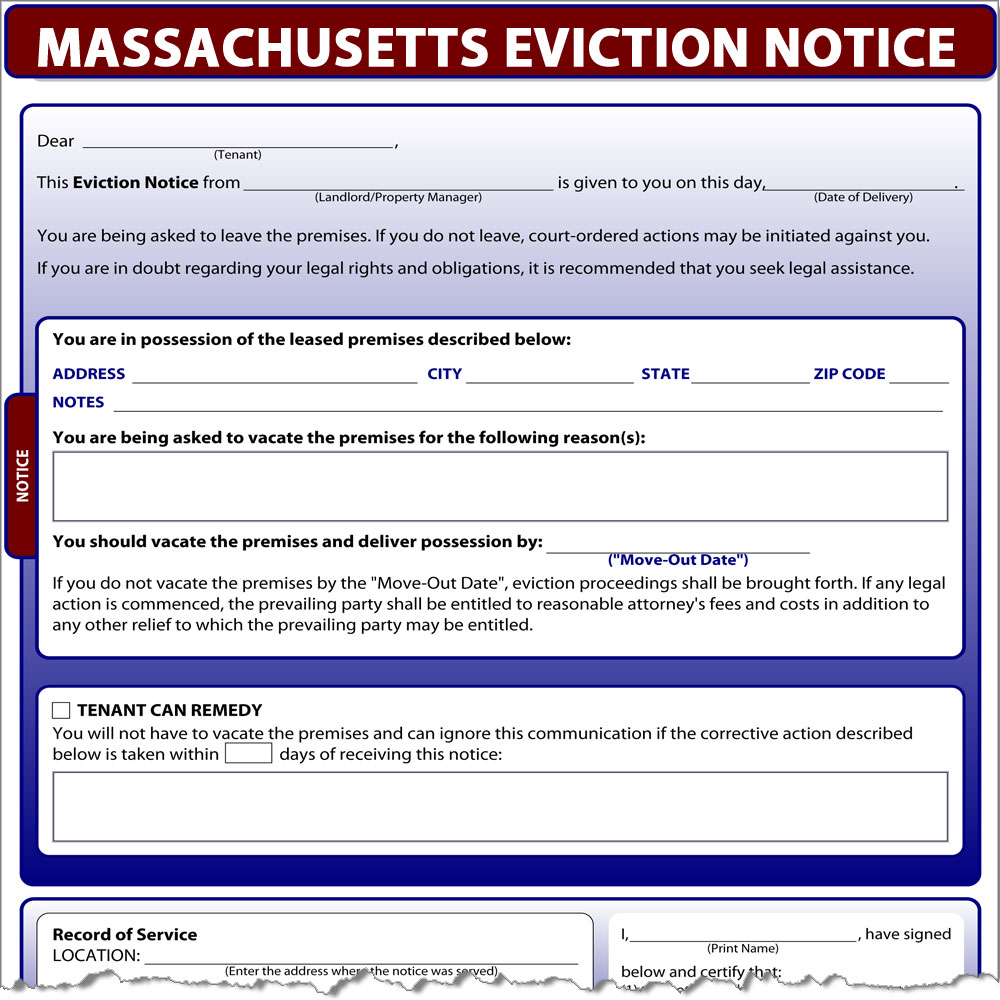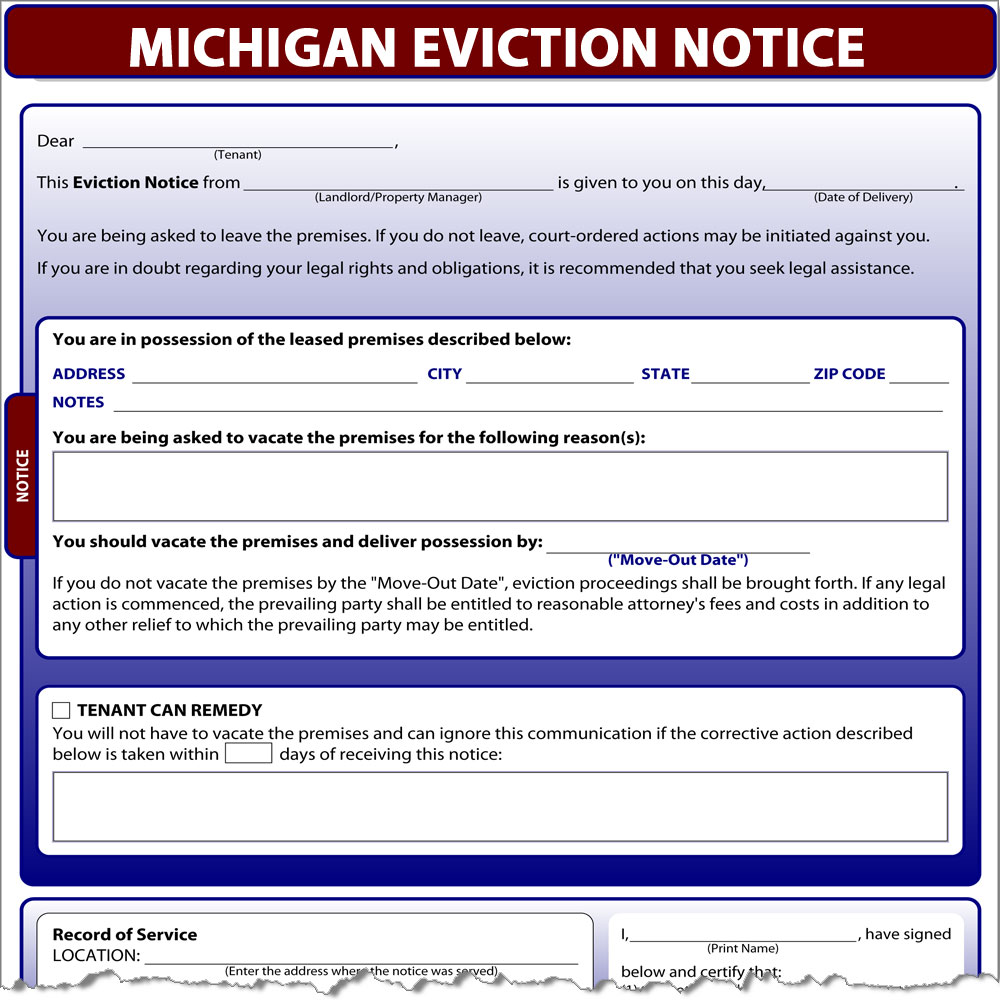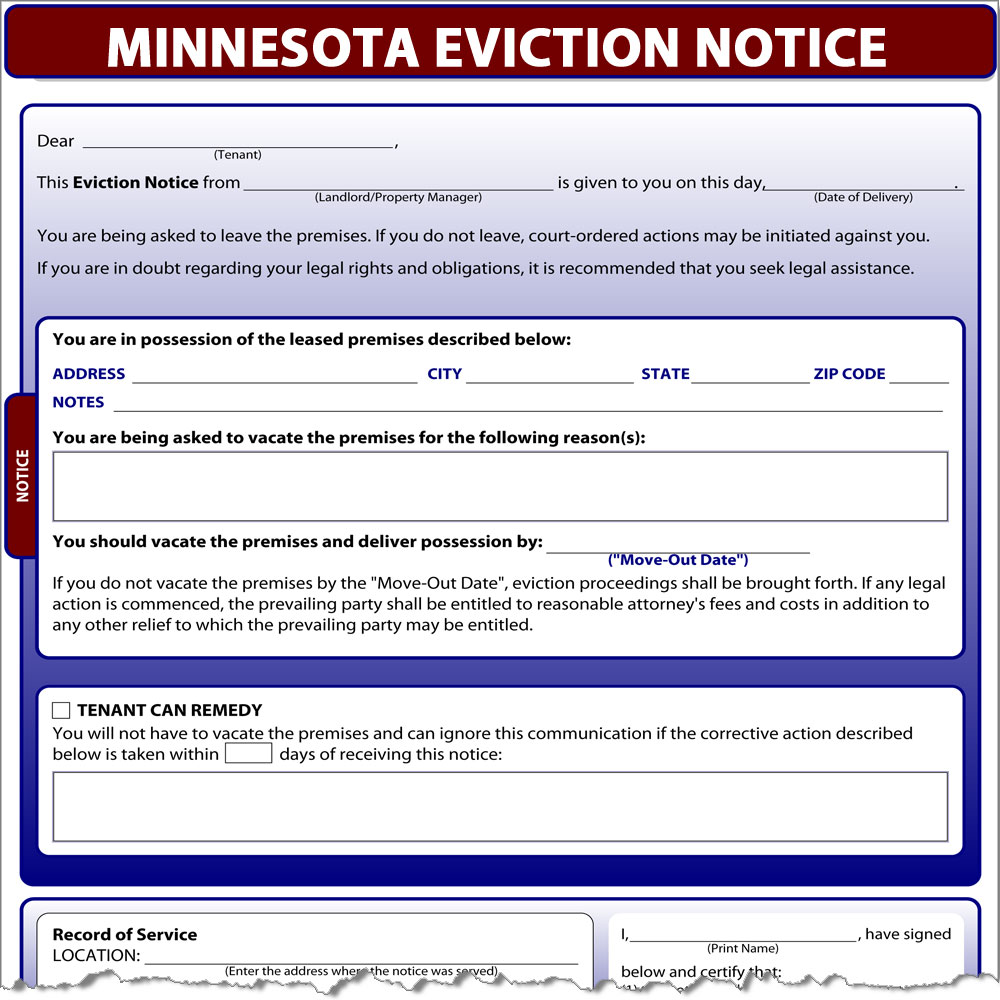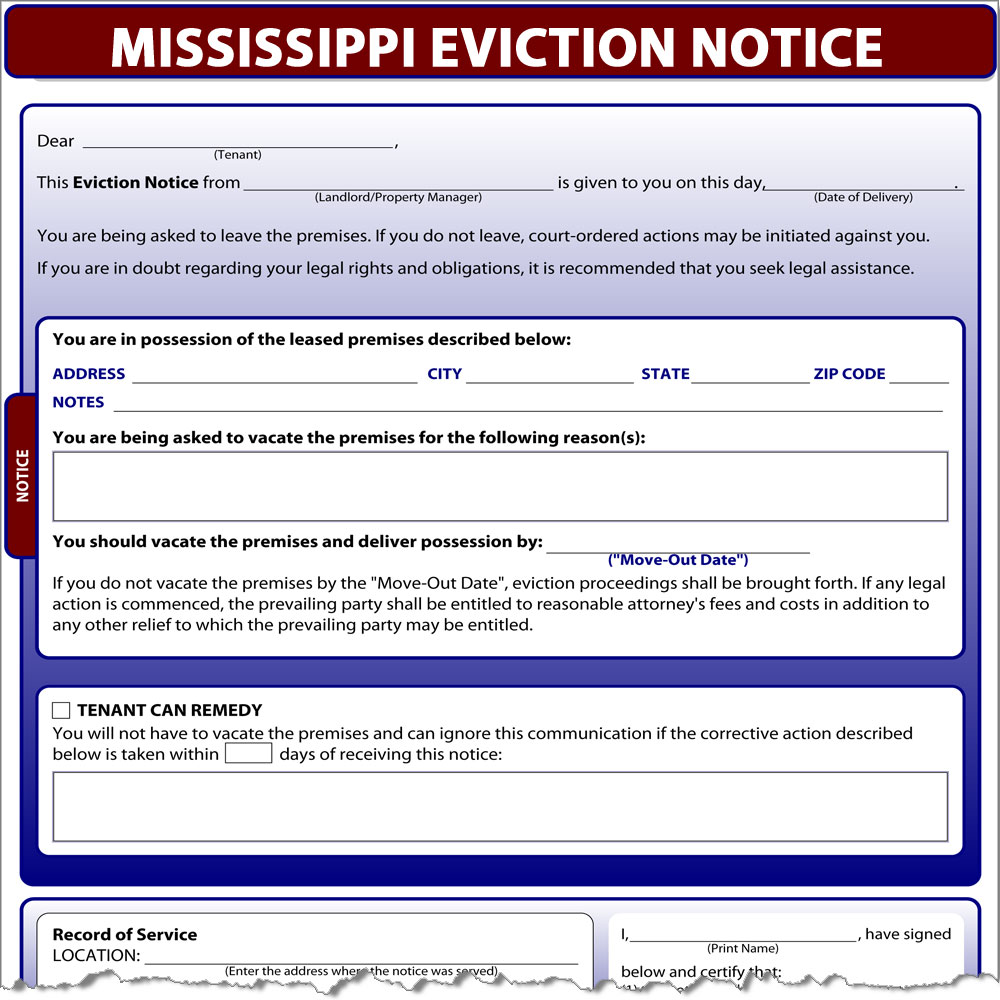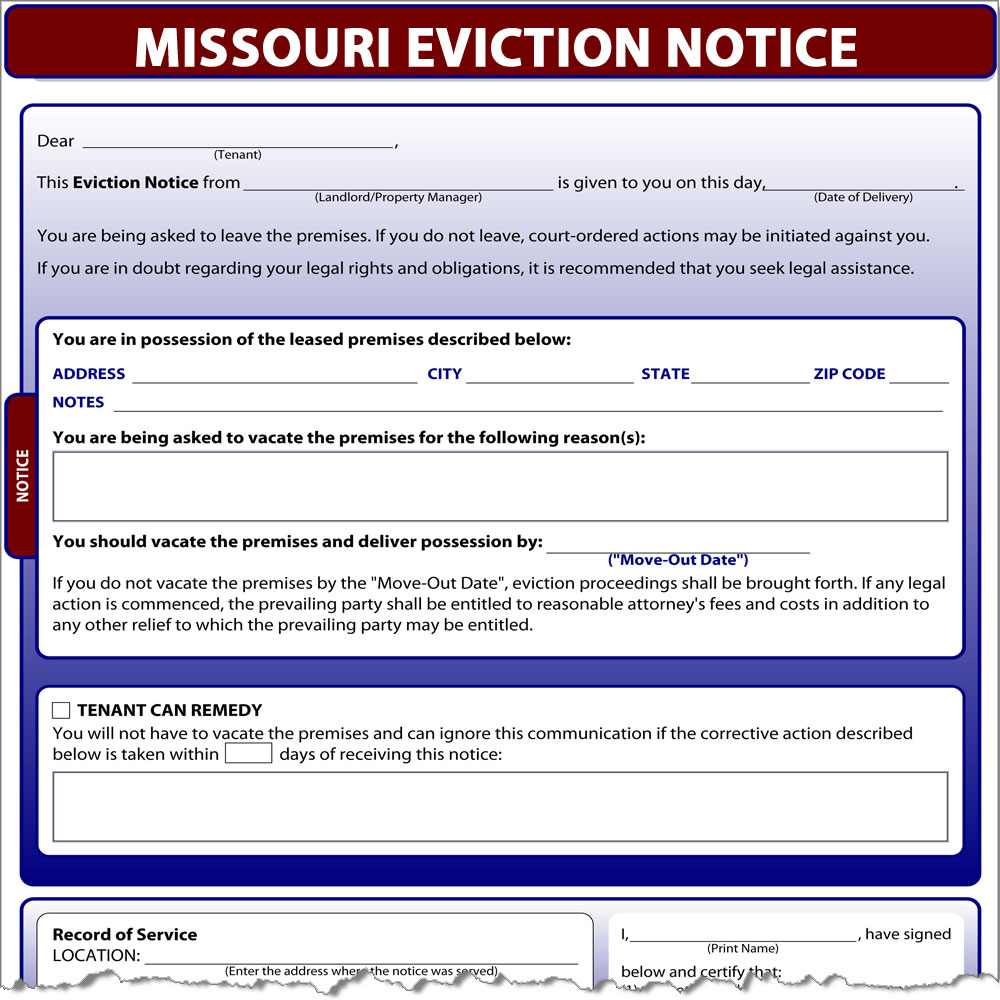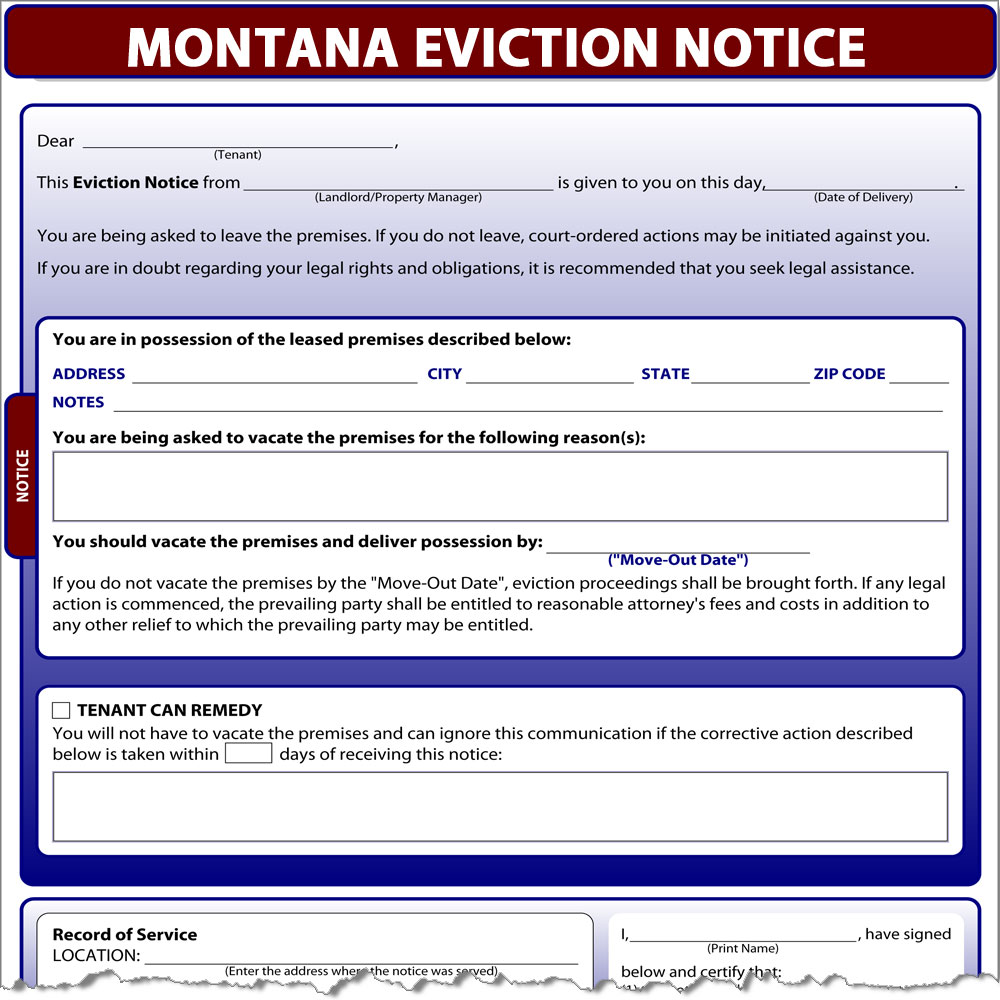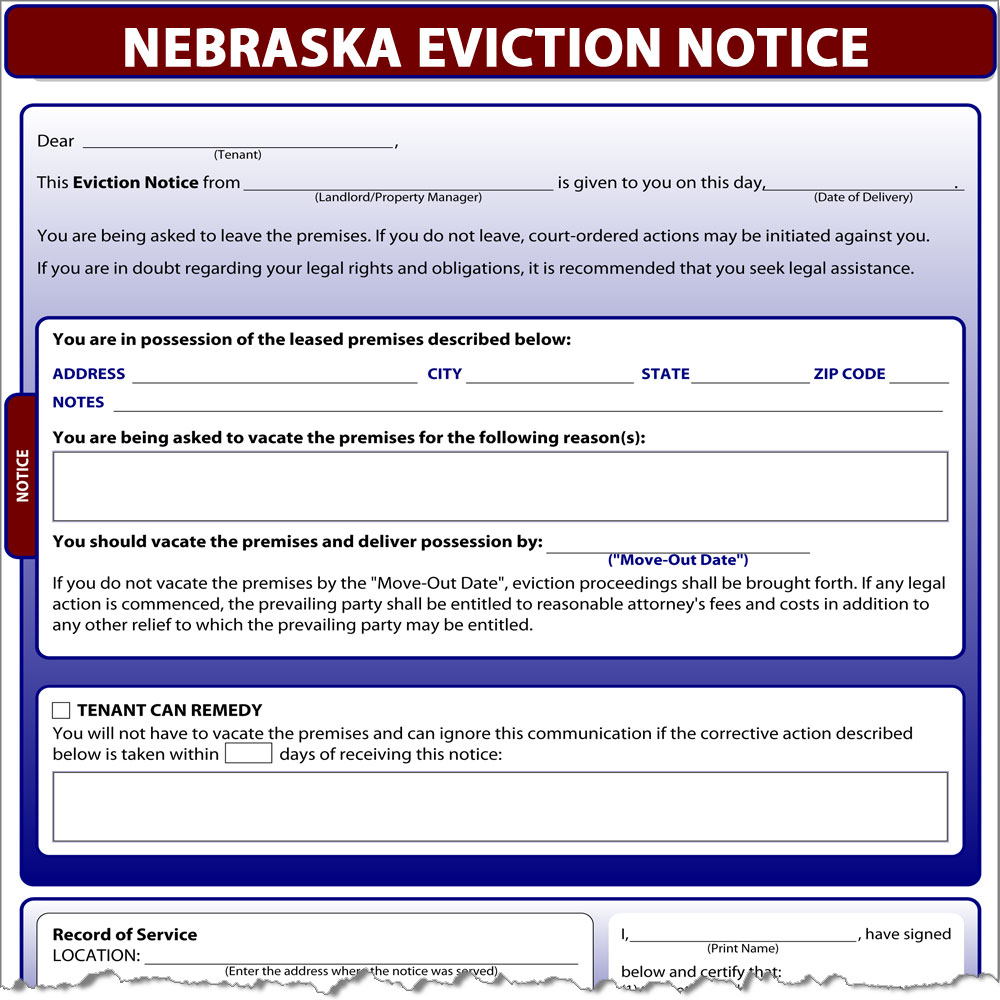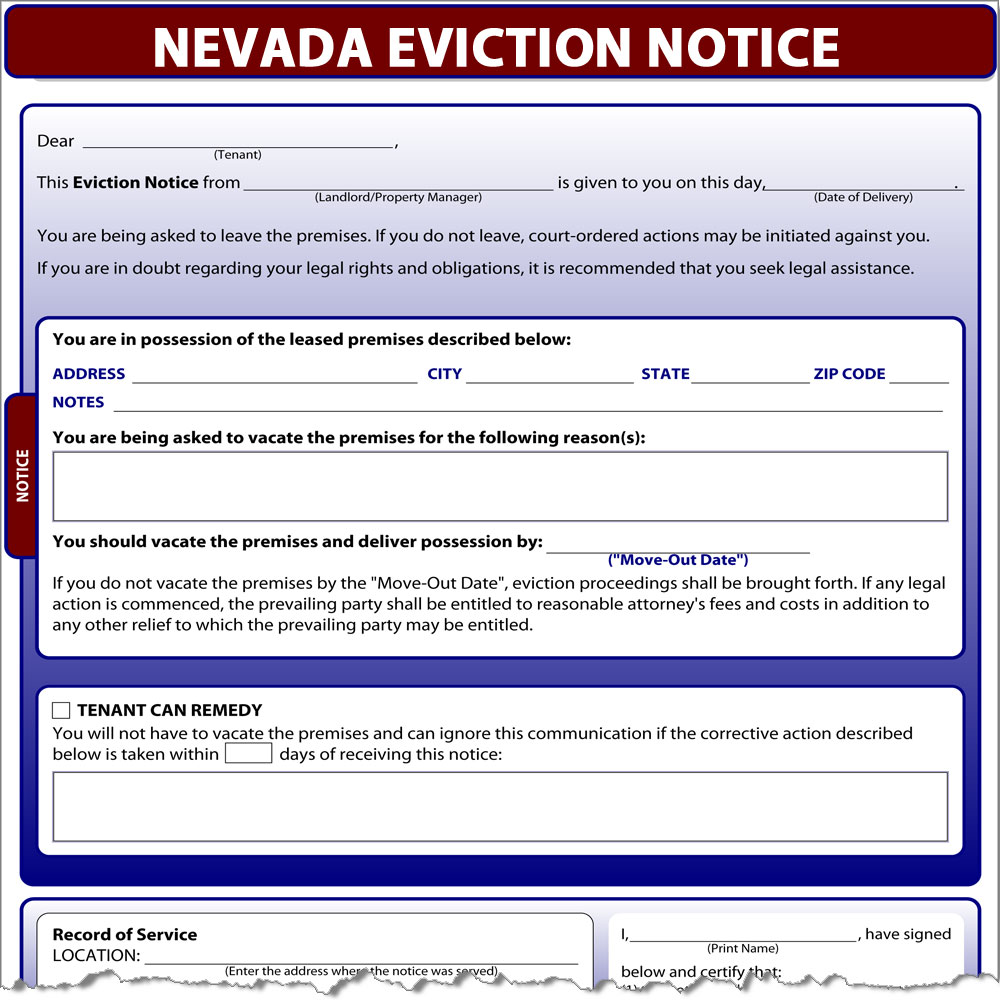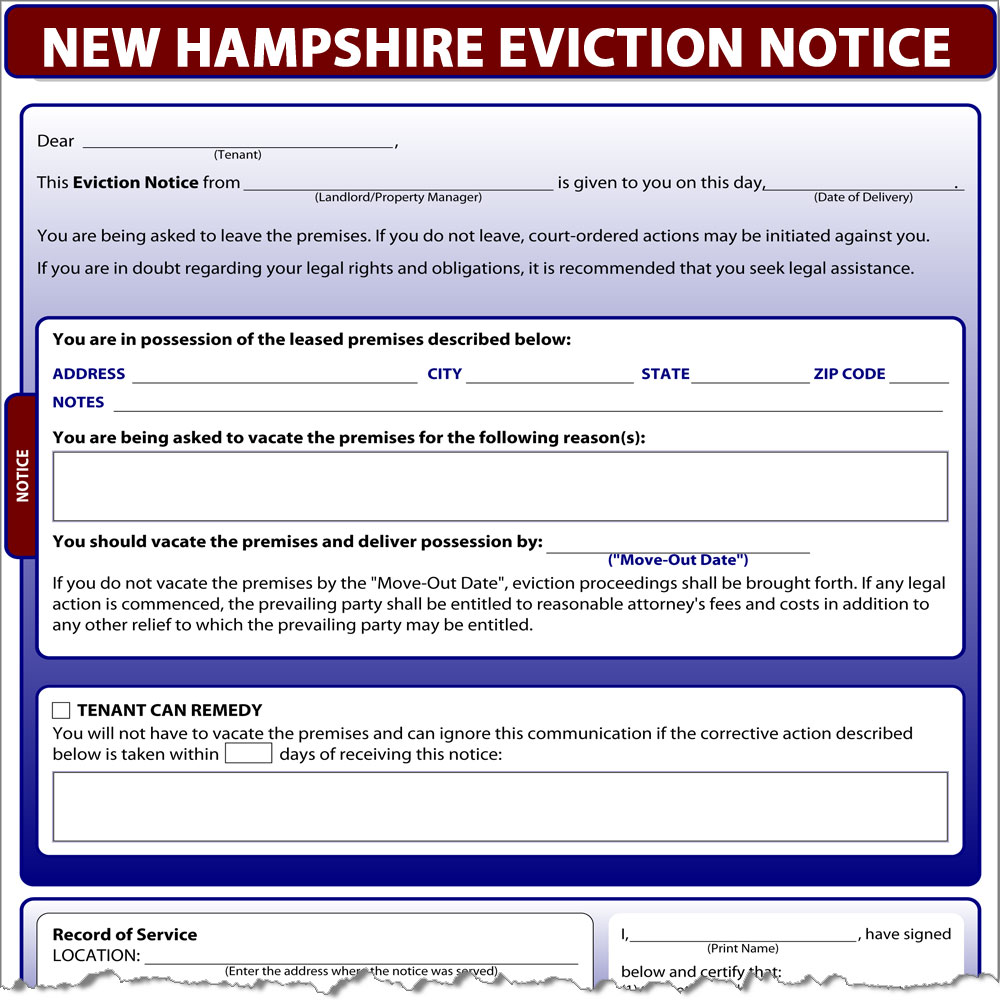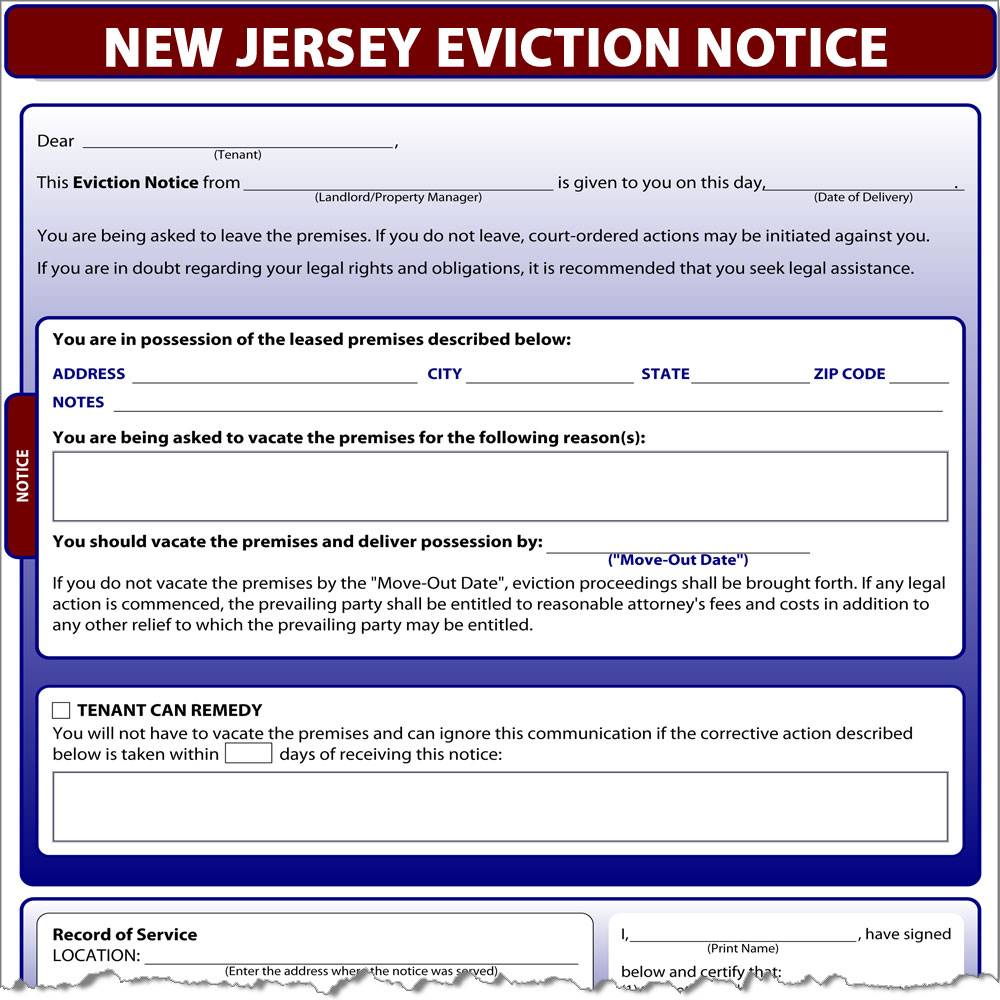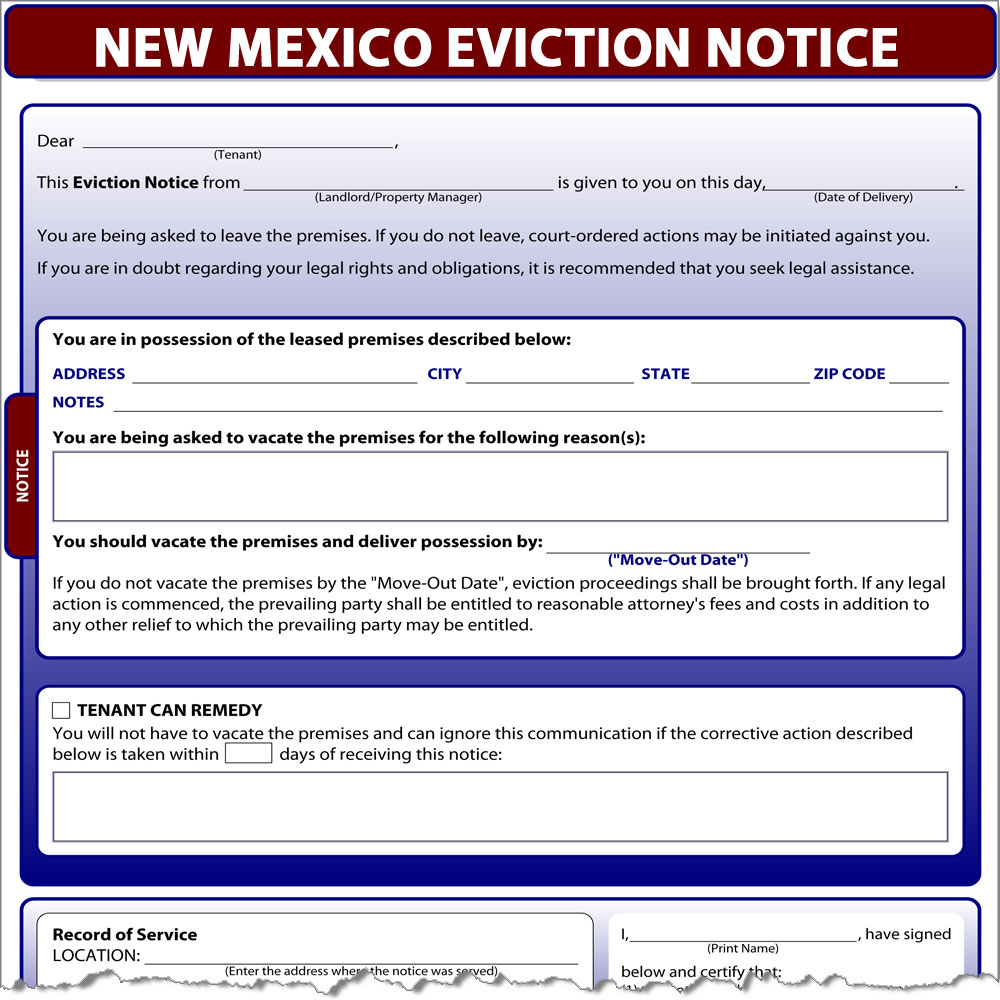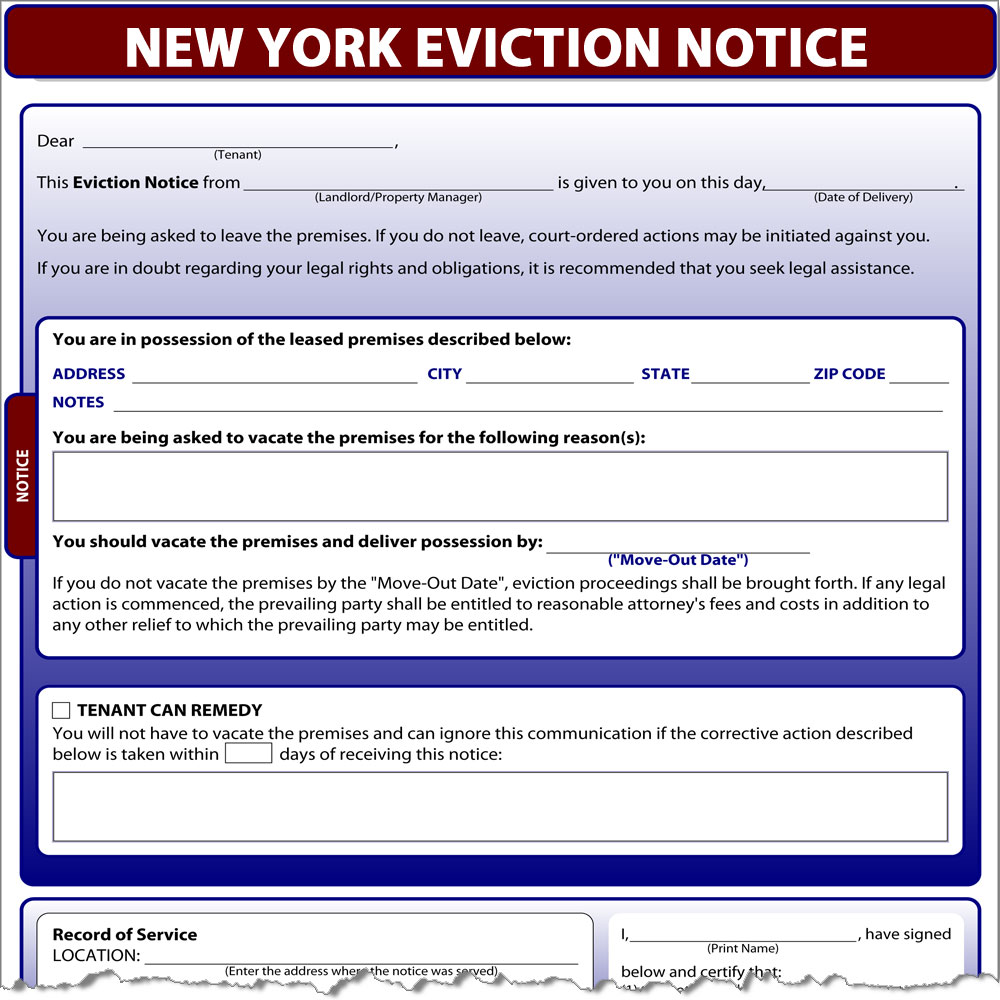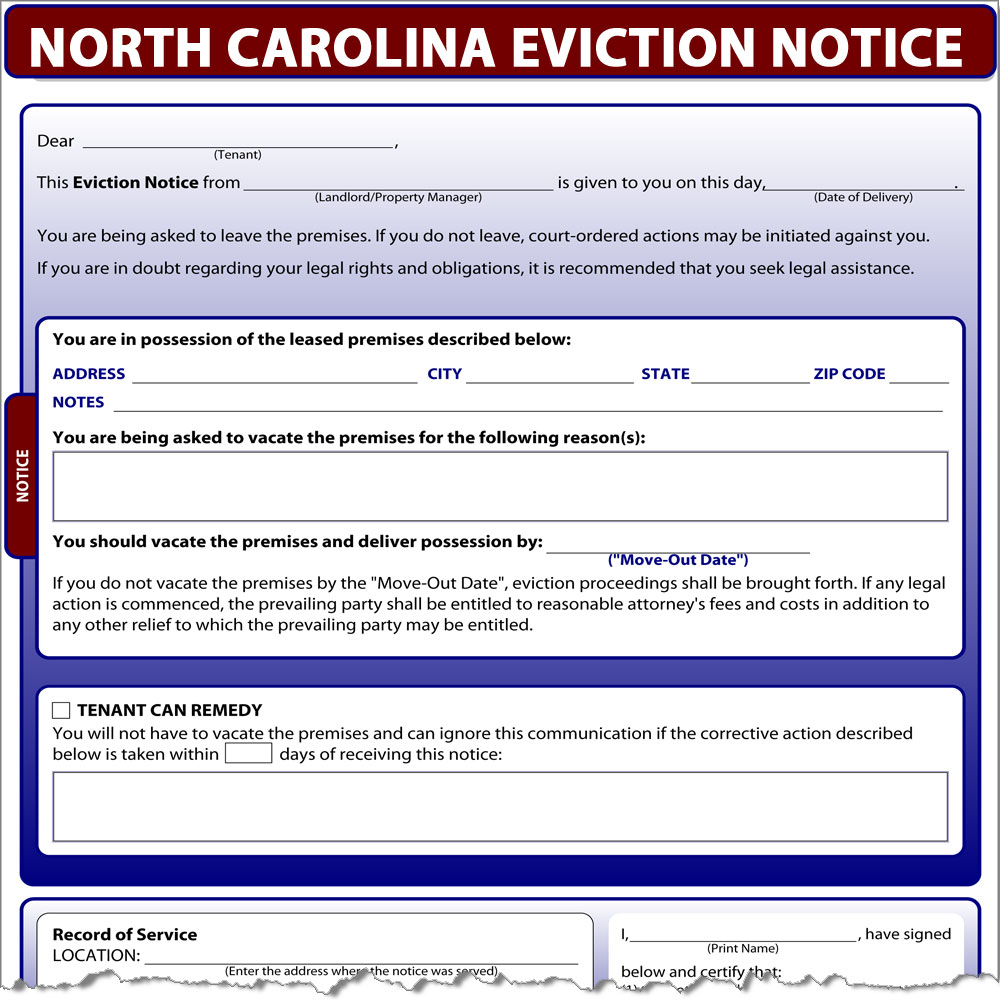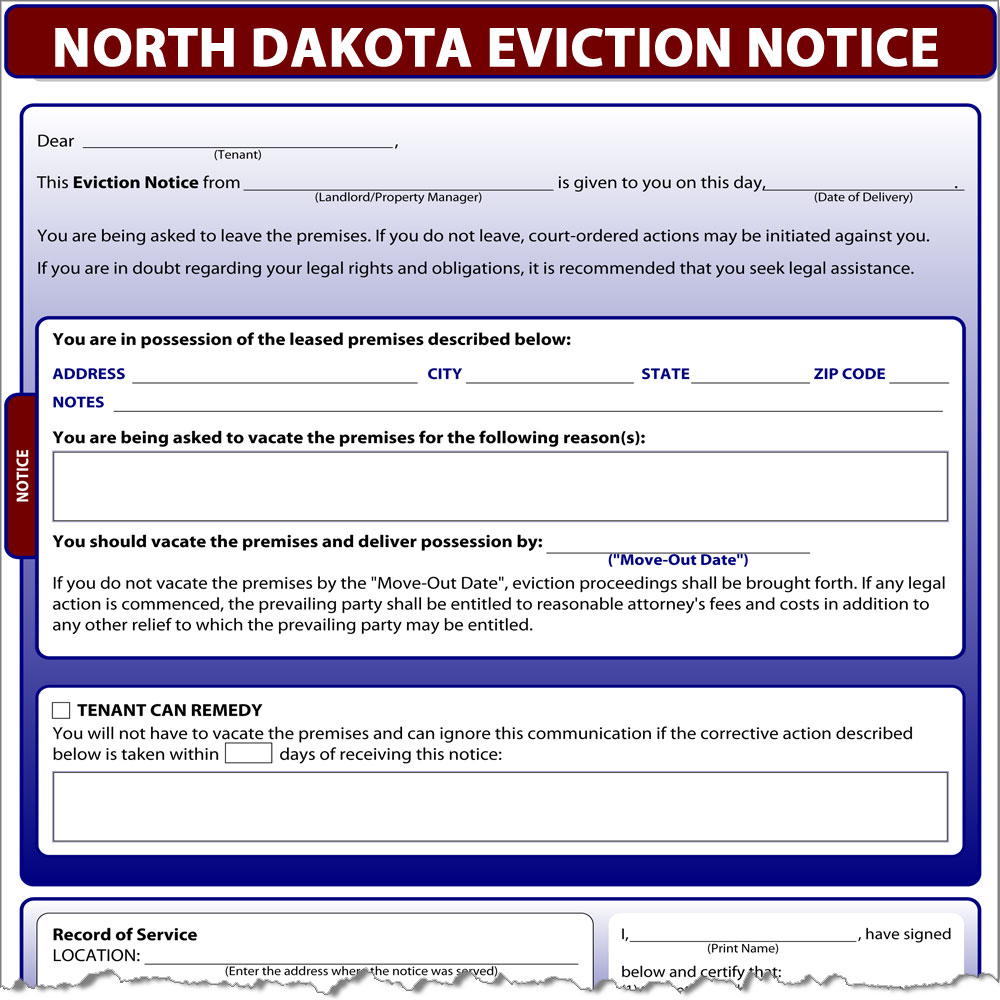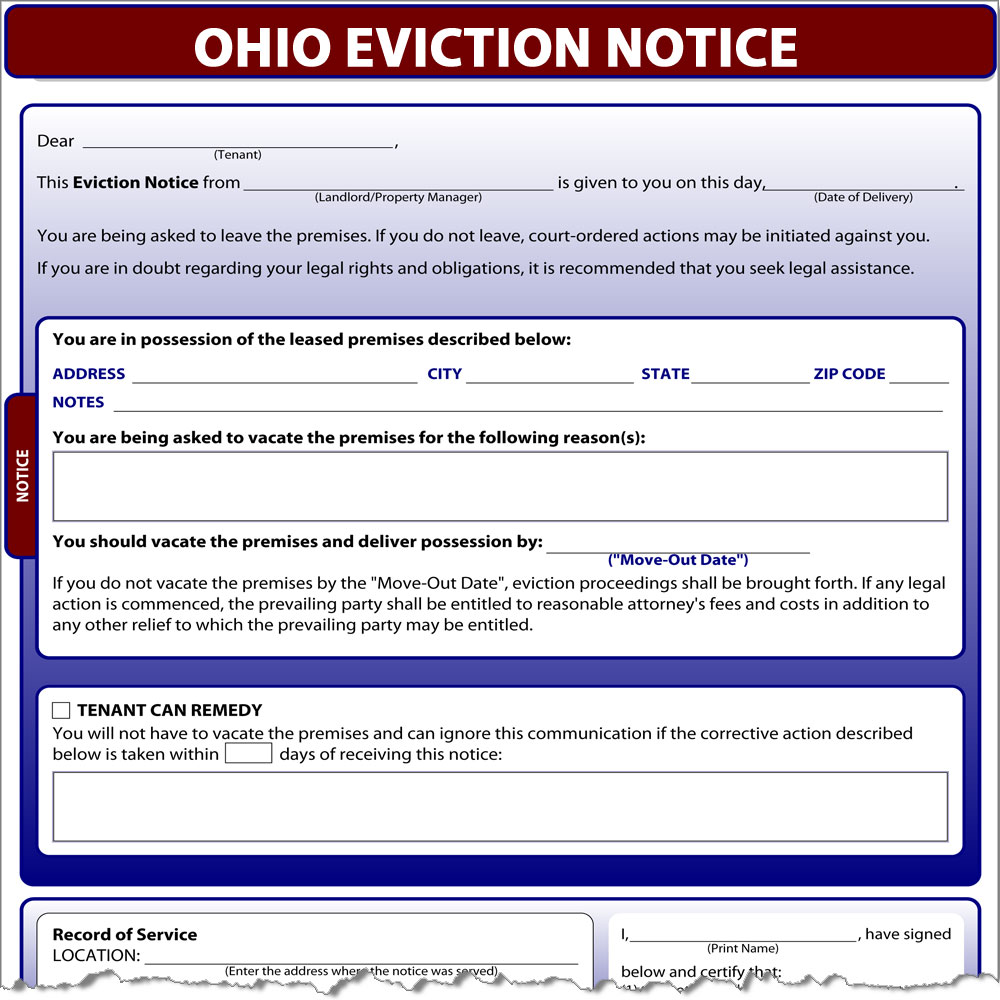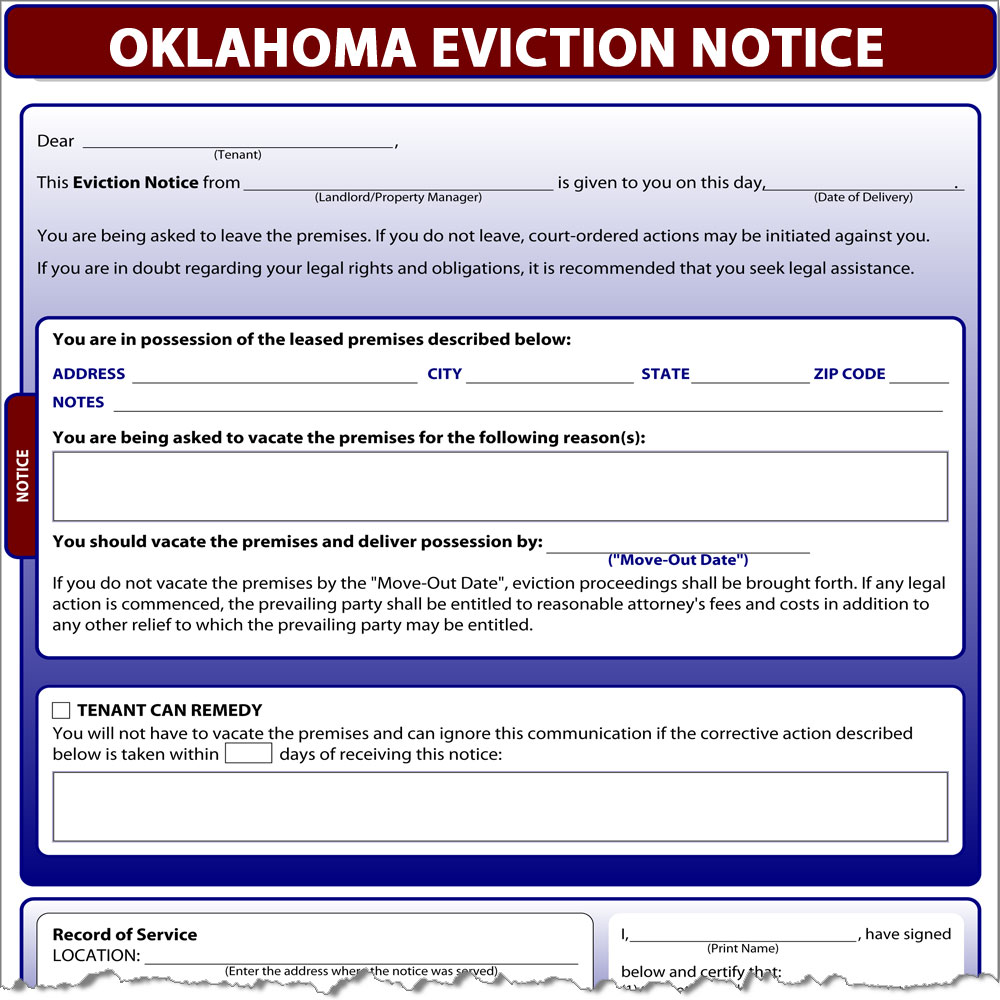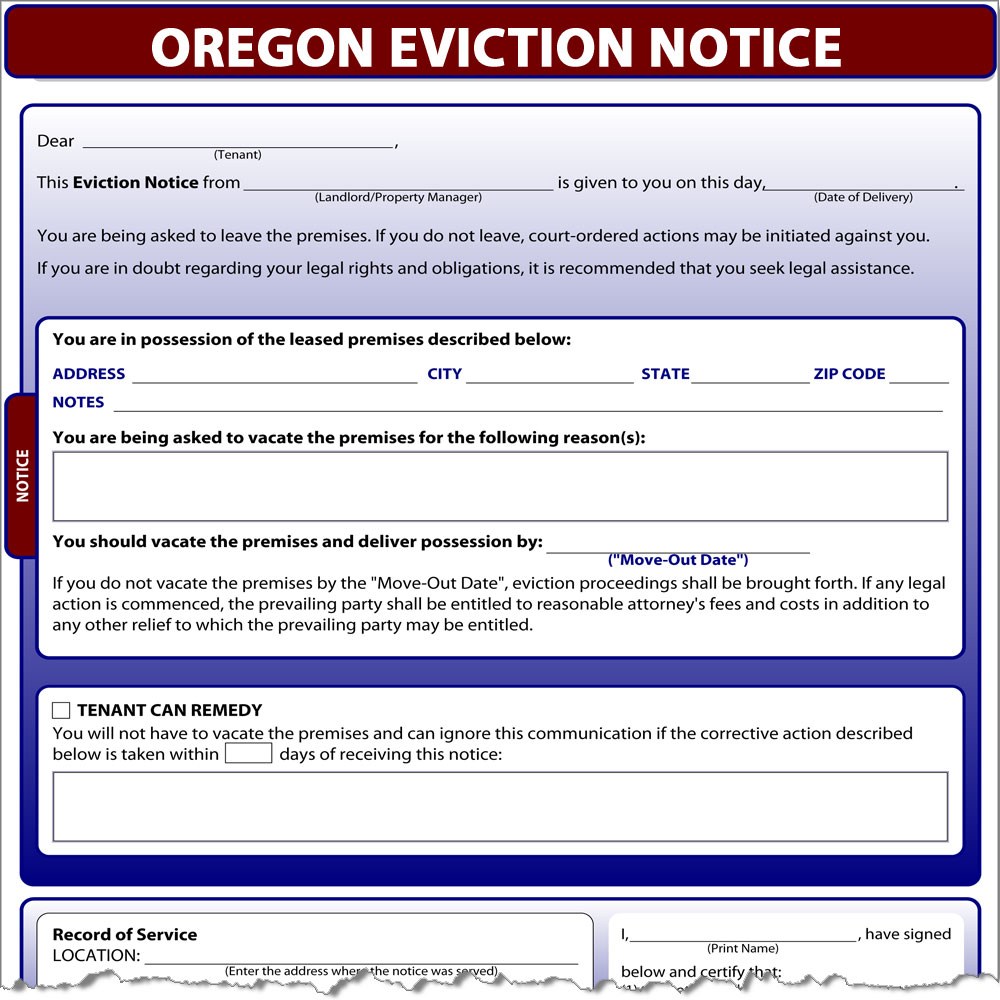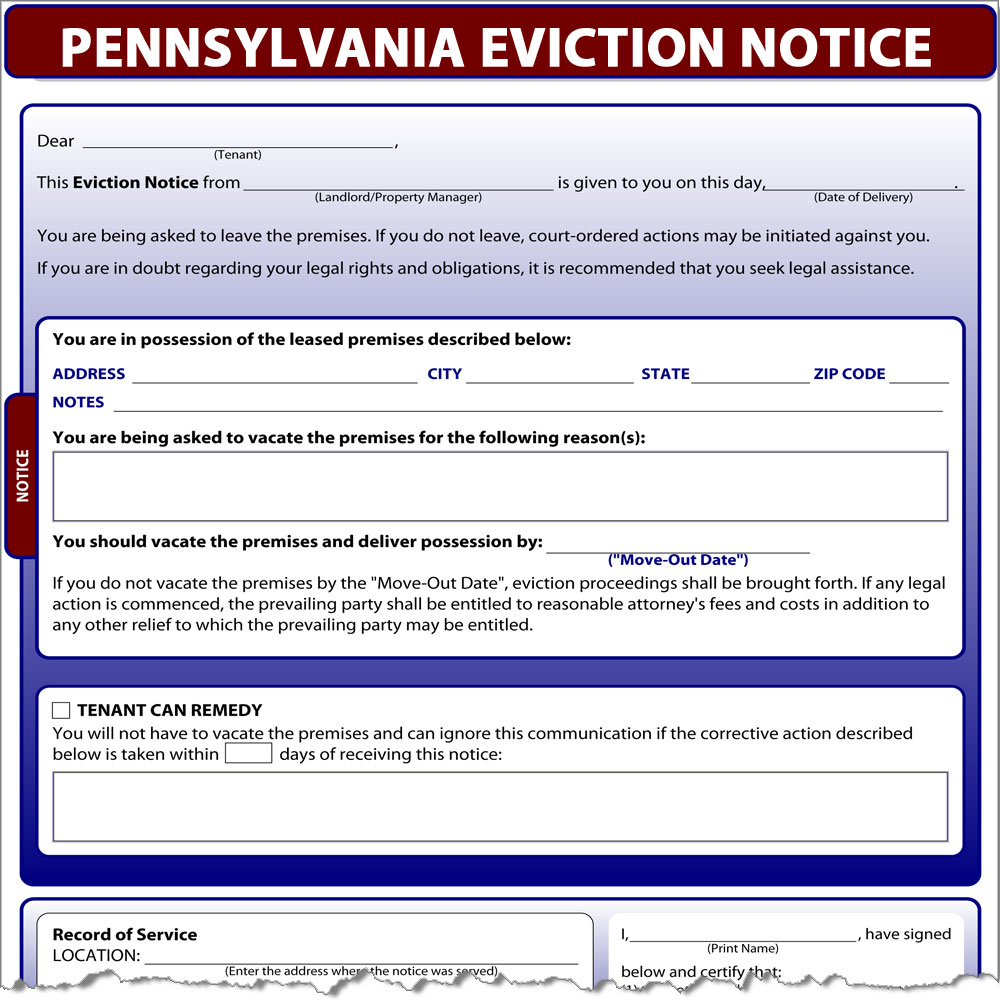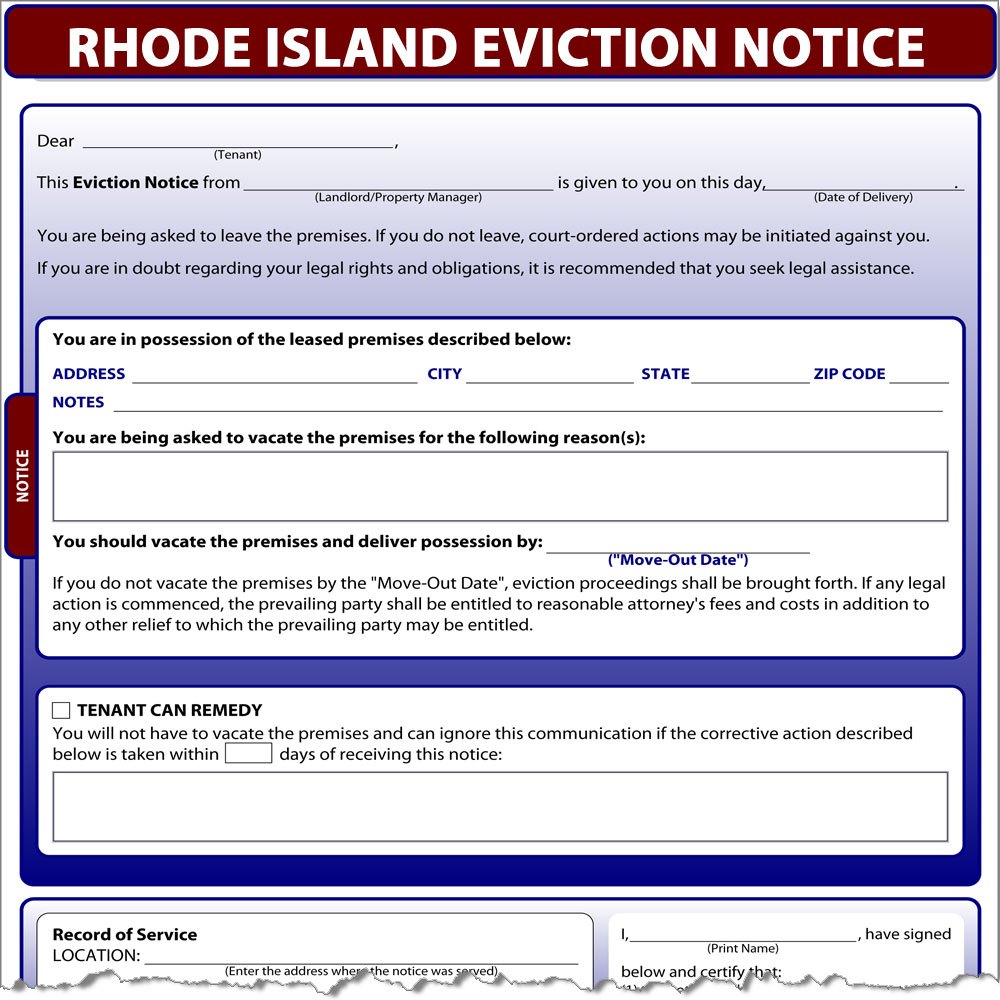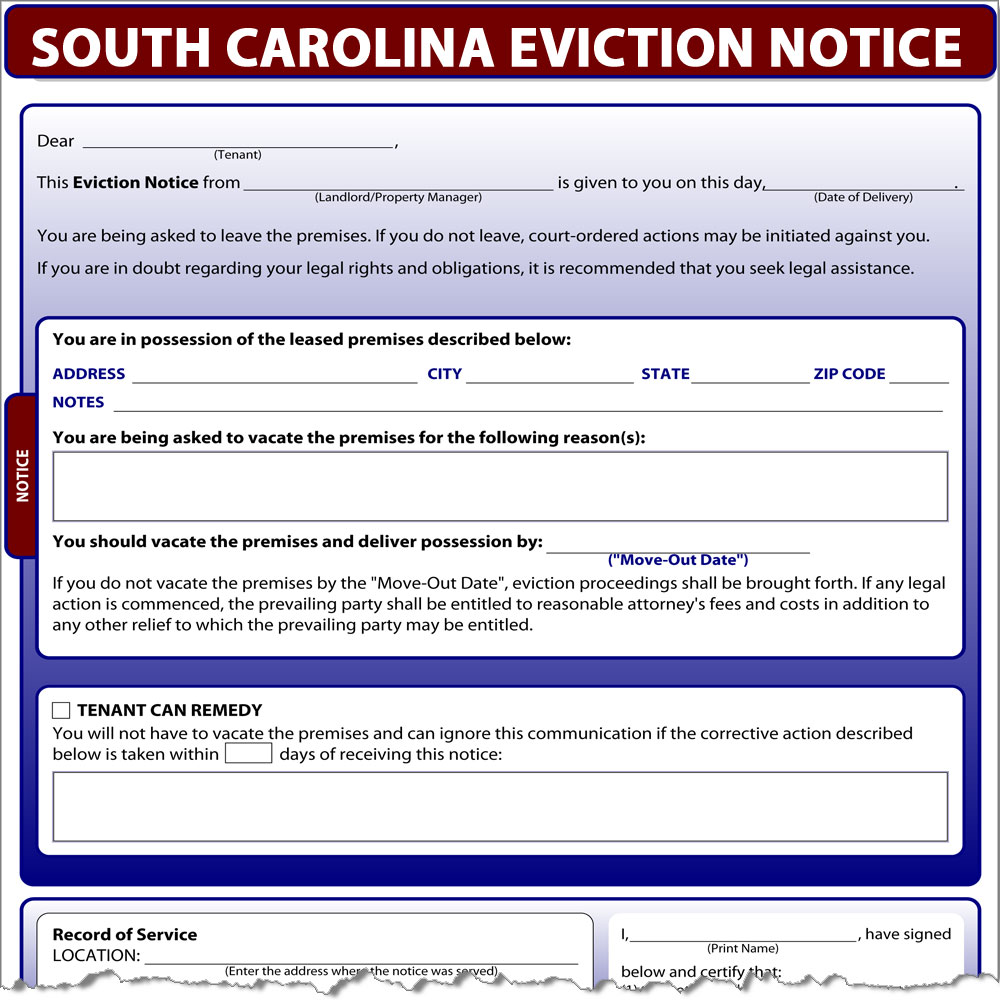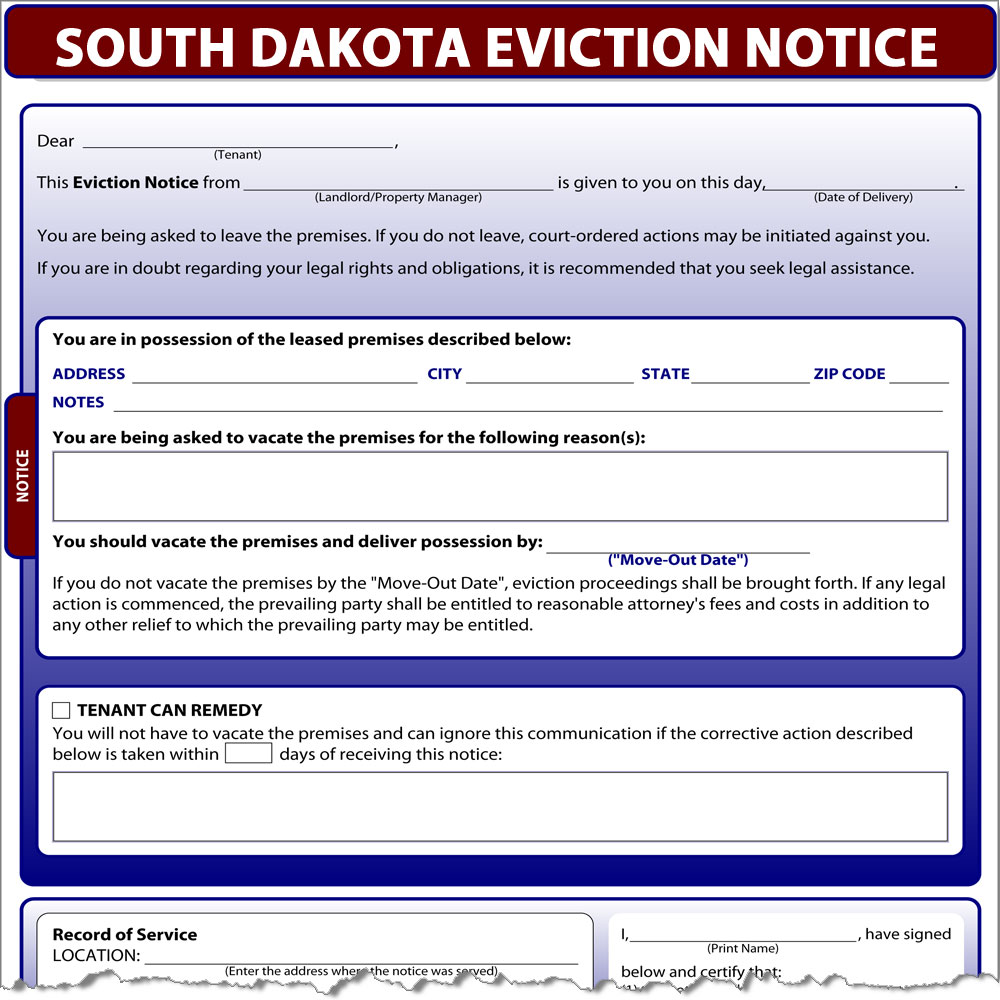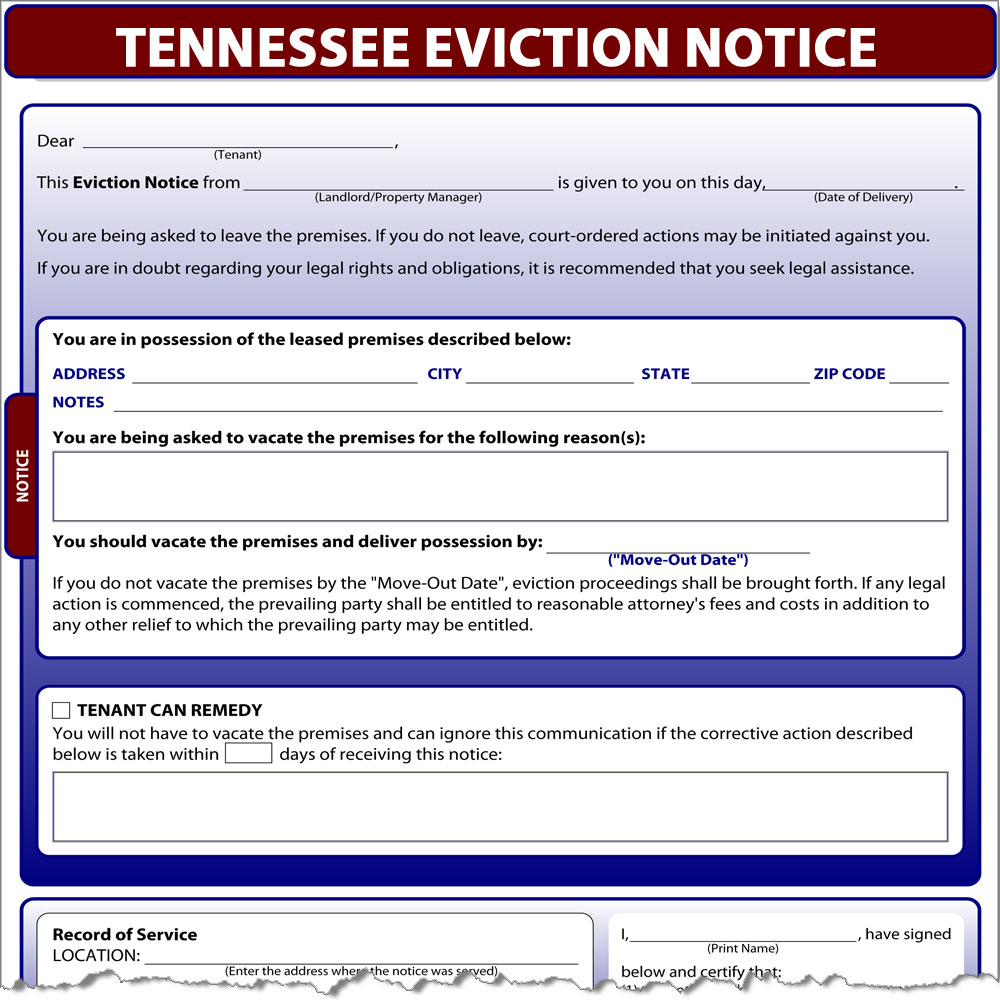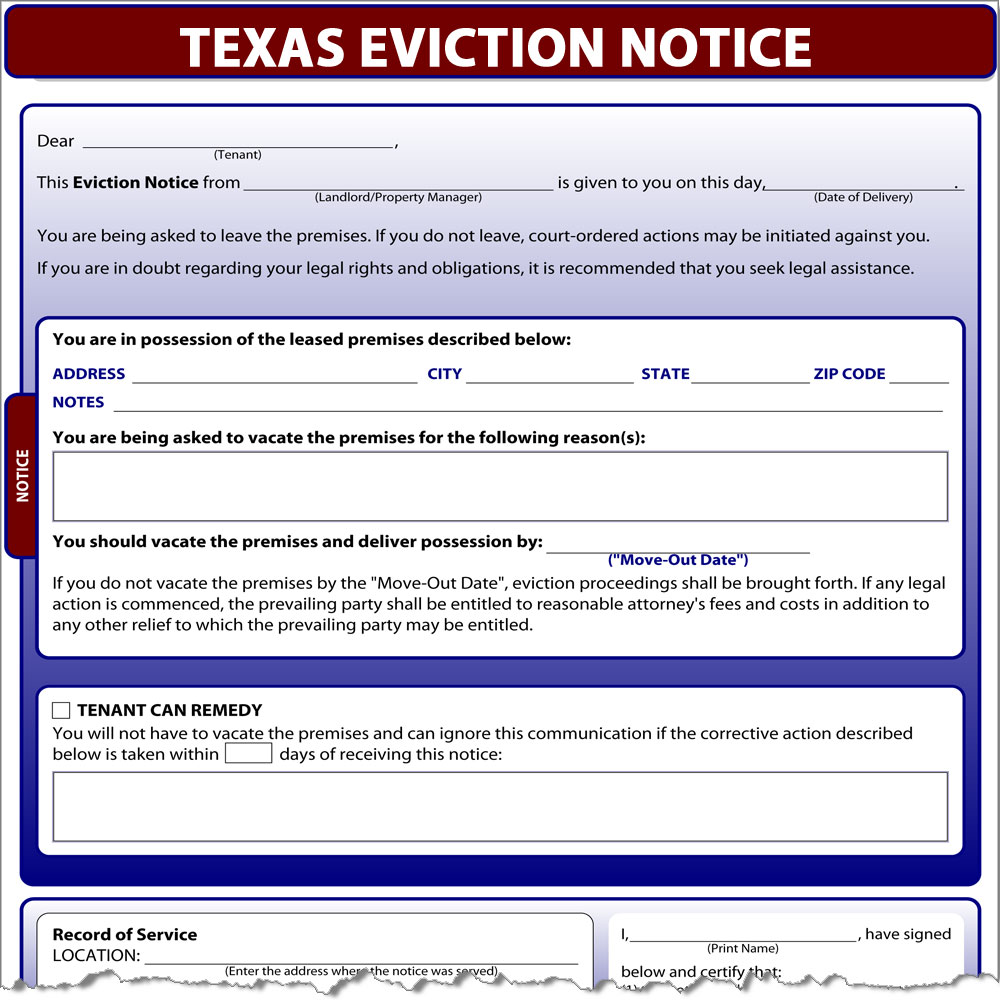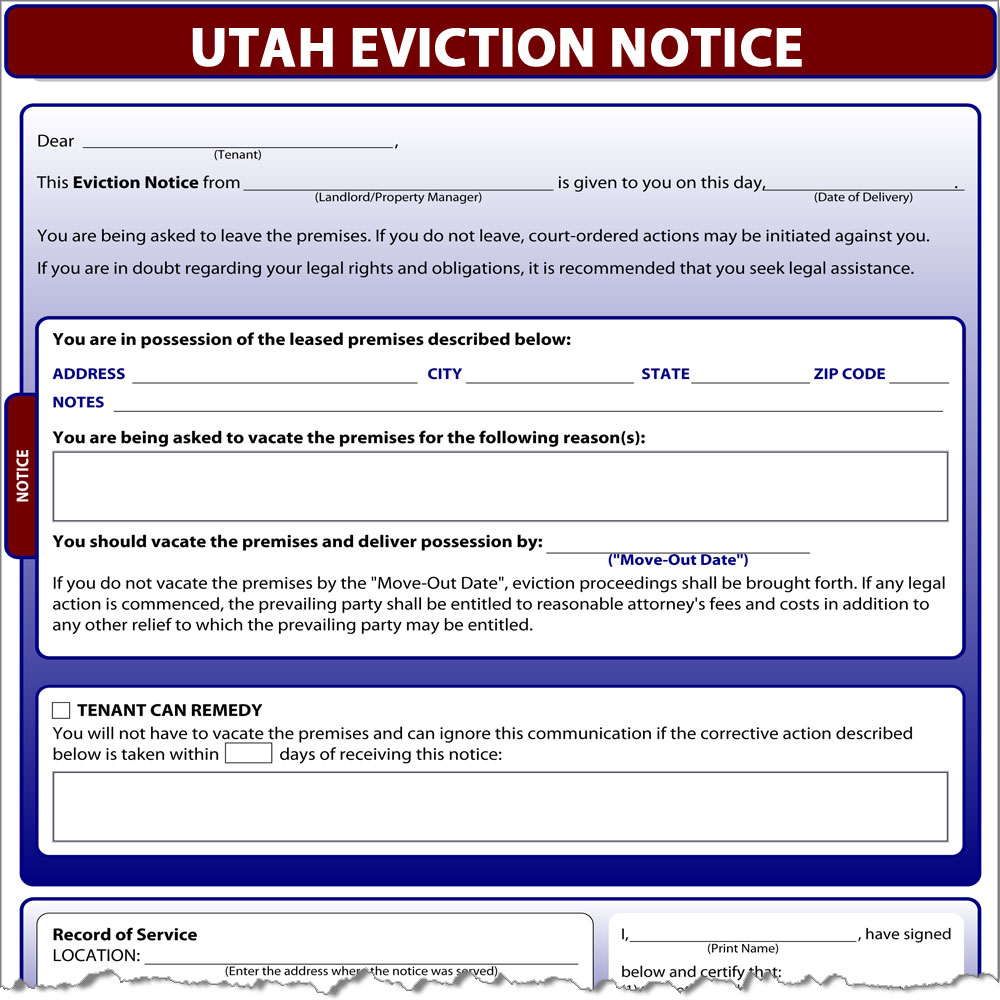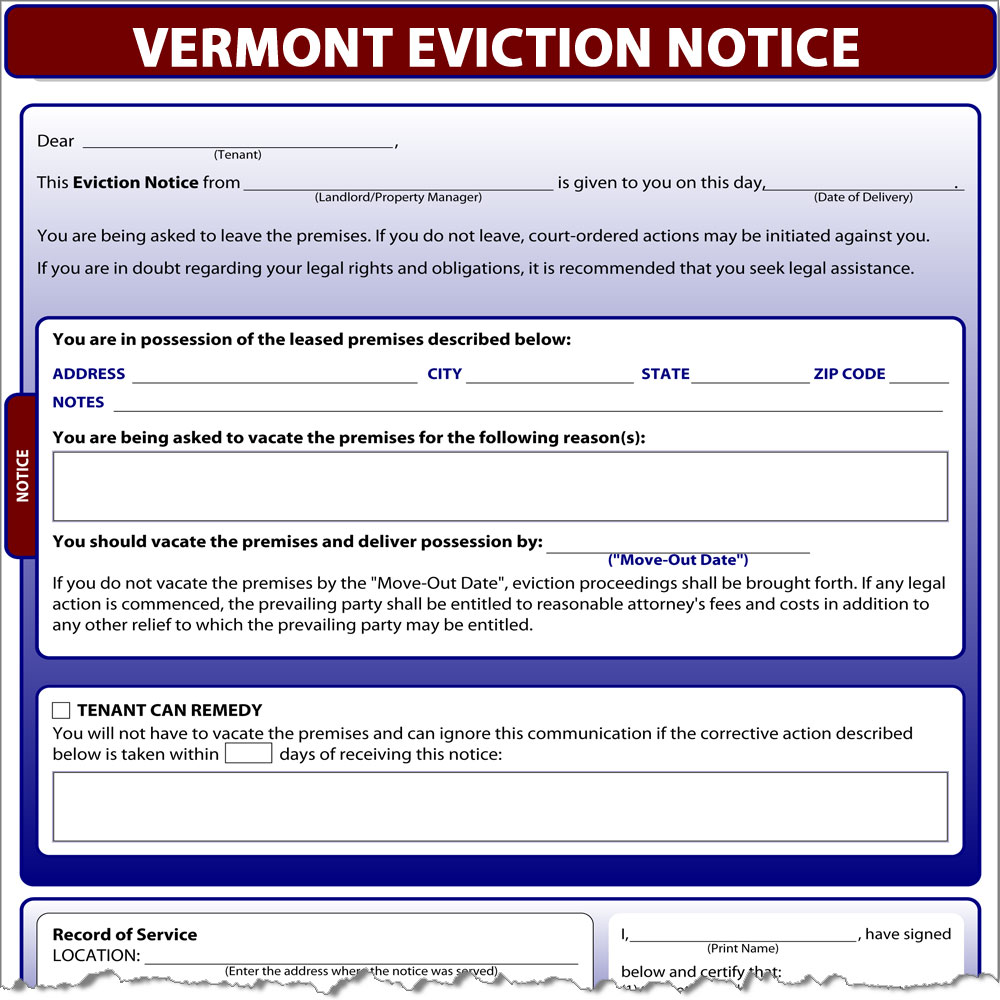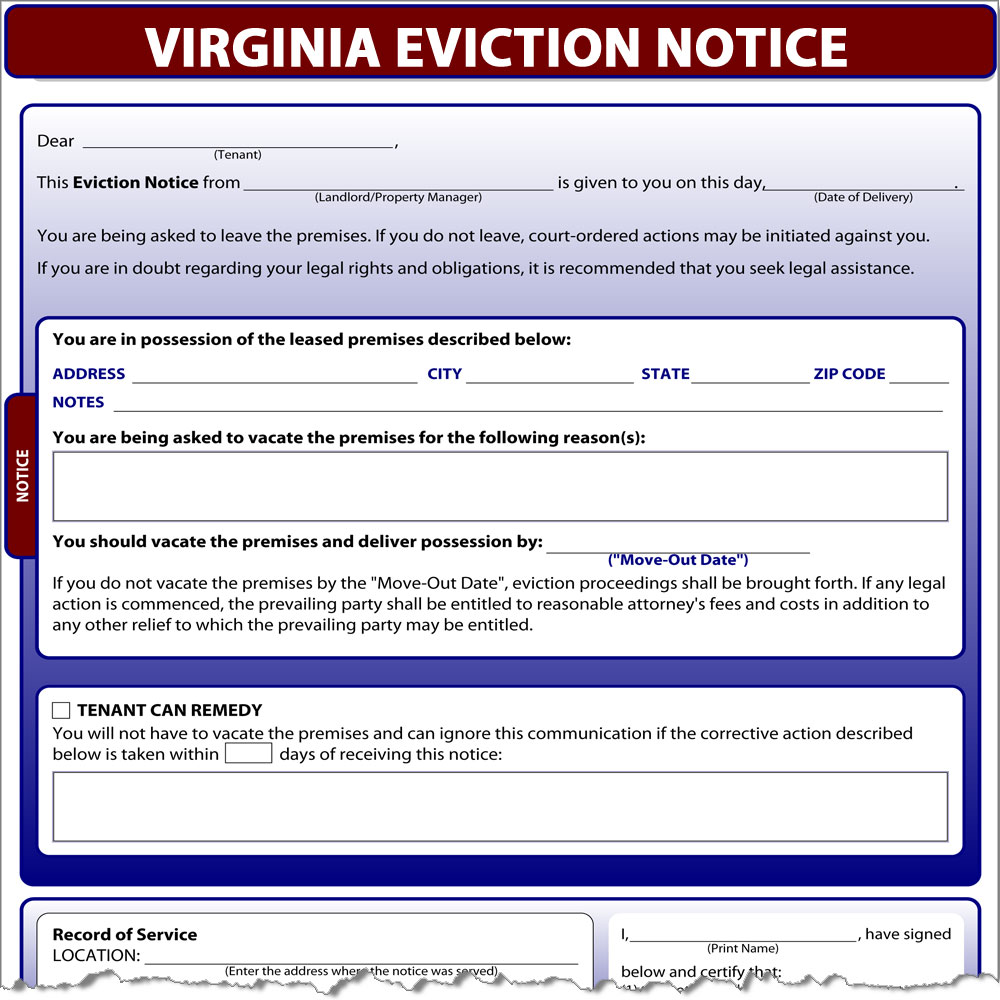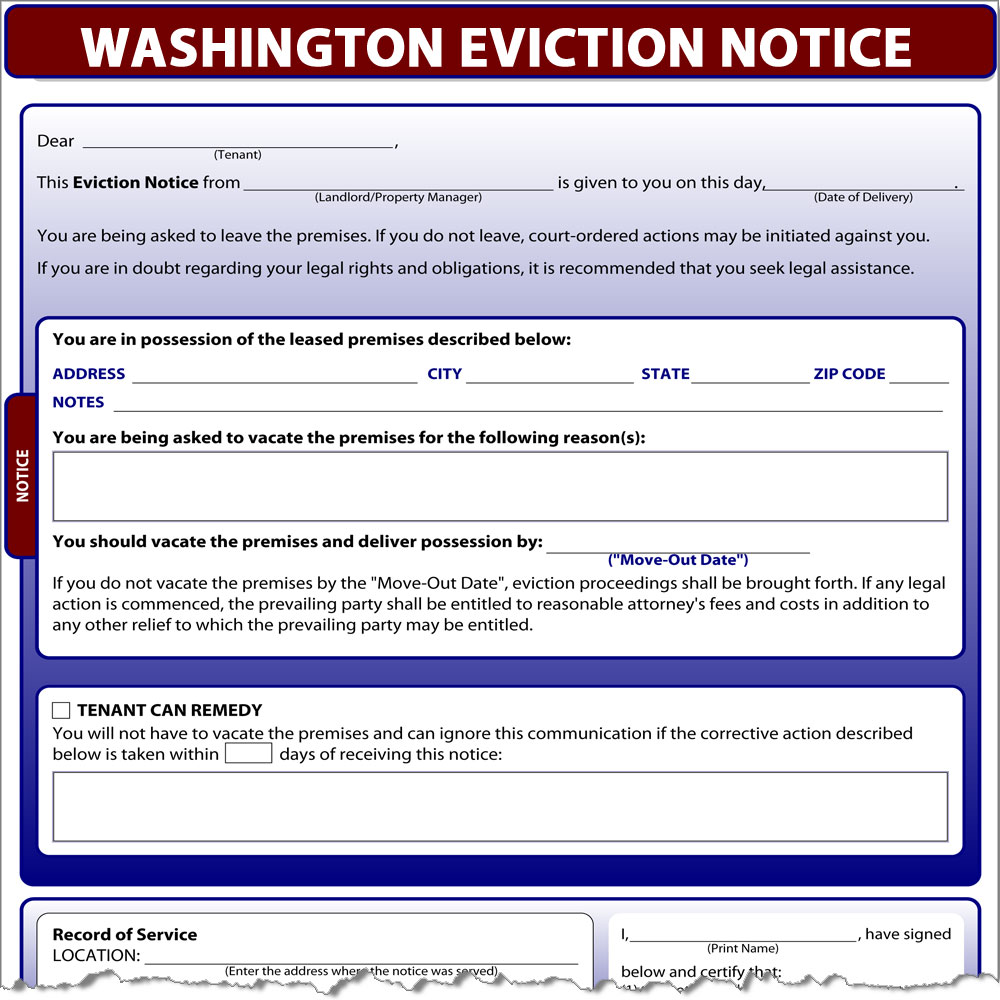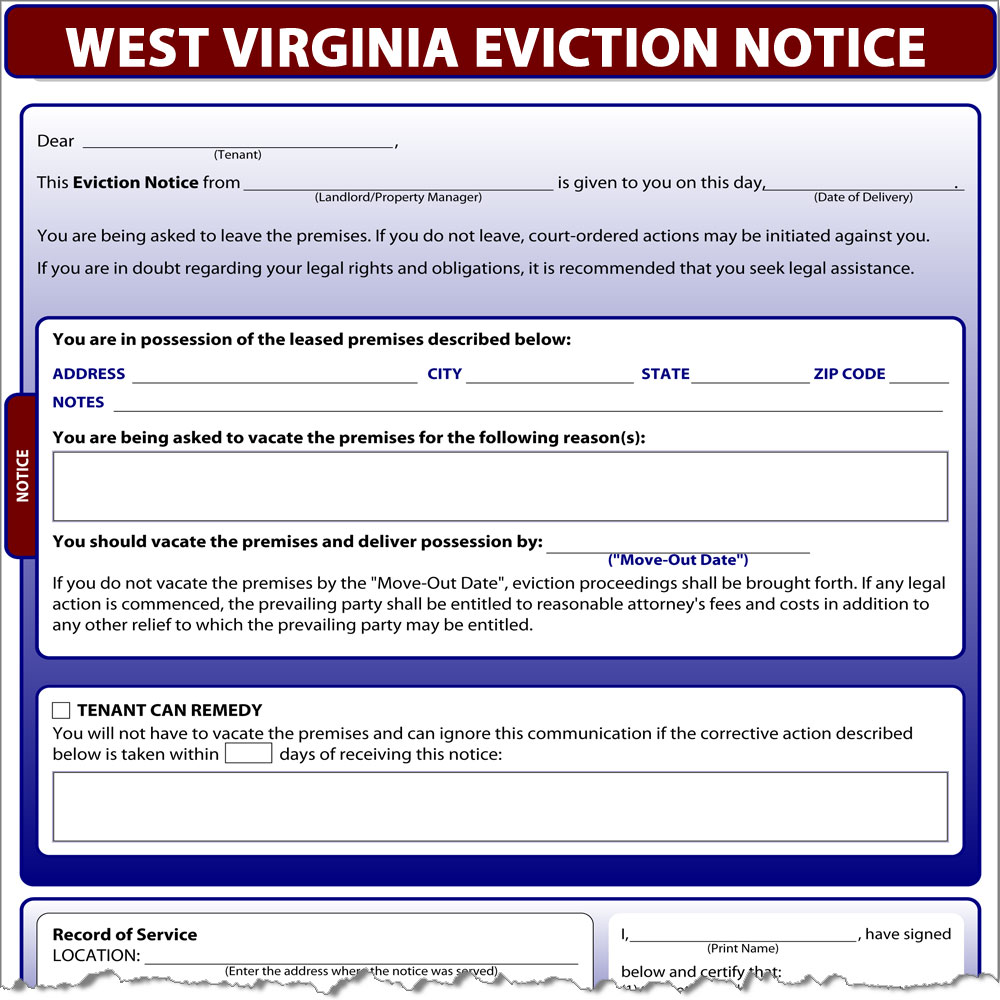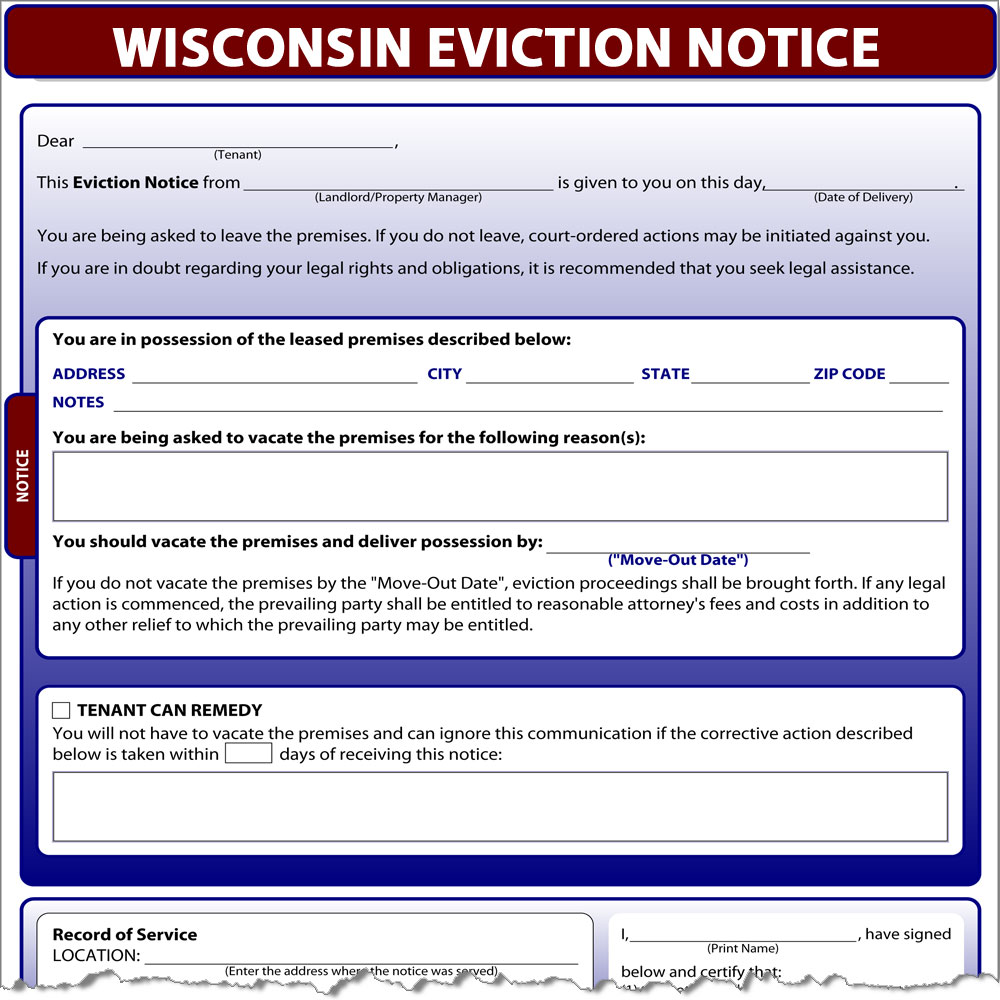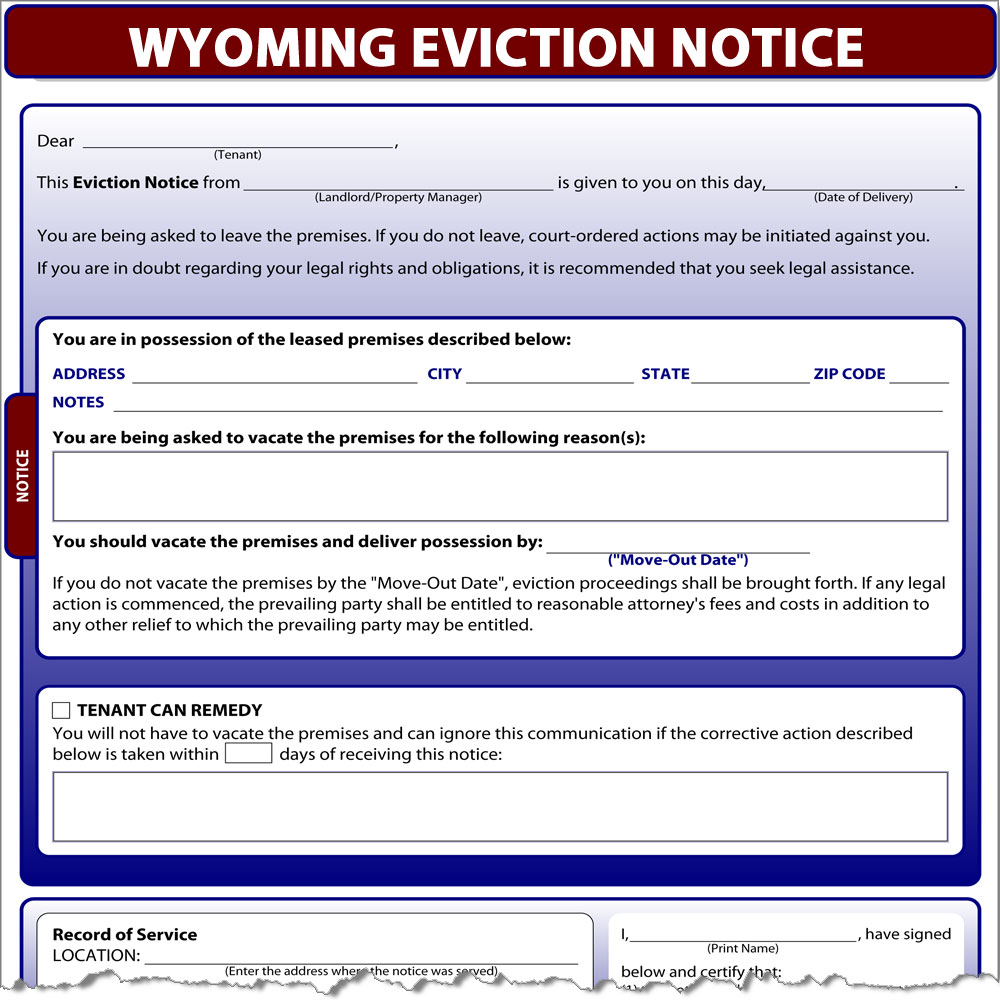Eviction Notice
Eviction Process - What should I know?
It would be a lot simpler to do property management in if you never had to evict anyone! Eviction is the process of removing a tenant and their belongings from a property. It is the last step in the eviction process, and it happens once the sherrif has recieved an order from the courts to forcibly remove the tenants and their belongings from the property. Also known as forcible entry and detainer action, eviction can only take place after you have brought forth an unlawful detainer lawsuit and proven to the judge that:
- Your rental agreement has been properly terminated,
- You have a right to possession of the property, and
- The tenant has still remained on the premises after receiving the appropriate notice to vacate and therefore needs to be forcibly removed.
Most property managers in use property management software to track rental income and keep a payment history on each tenant so they can be better prepared for the possibility of evictions.
Eviction - What is the first step?
The first step in the eviction process is serving your tenants with proper notice. A notice to the tenant simply establishes a specific action that must be taken by the tenant and the date by which it must be done. For example the Notice to Vacate can be used by landlords to inform tenants that the lease has ended and that they must vacate the premises by the move-out date. If the tenant complies with the notice, that's great news - you don't need to evict the tenant! However if you have served your tenant with an appropriate notice and it has not been complied with, you can file a complaint with the court to remove the tenants and regain possession of your property. If you win the lawsuit, the court will issue a Writ of Possession which informs the tenant they must leave or they will be forcibly removed by the sheriff. This is when the actual eviction occurs.
Serving a notice does not mean you are evicting the tenant. For example, if your tenant does not pay the rent, the Notice to Quit can be used to inform them that they are in violation of the lease terms and that the breach in contract must be fixed by a certain date or they must quit the lease agreement and vacate the premises. If the tenant complies with the order or moves out by the date identified on the notice, no further action is needed. However if the tenant has not complied with your notice and has remained on the premises, then you have grounds to file an eviction lawsuit. In order to win in court, you will have to prove that the notice was served properly and that you have complied with law (LC2).
Eviction Laws
One important factor you must consider is whether you are dealing with a tenancy at will or a fixed Lease Contract. A rental lease contract typically lasts for a fixed period whereas a tenancy at will can last indefinitely and can be terminated by the landlord or the tenant. If you have a written residential lease, you cannot evict your tenants simply because you have changed your mind or do not like them. The tenant has to have done something wrong in order for you to justify terminating the lease agreement - like not paying rent or causing damage to the property (see Lease Termination). If you do not have a written rental lease agreement, law requires you to provide written notice to tenants if you want to terminate the tenancy agreement and vacate the premises. Even if the tenant has no right to be in your home, it is illegal for landlords and property managers in to forcibly remove tenants from their property. Landlords can face heavy fines and even jail time if they try to forcibly remove tenants by shutting off utilities or changing locks. The Department of Housing and Urban Develoment website has additional information about tenant rights if you would like to learn more.
What else should I know about Eviction Letters?
If you have questions about writing an eviction letter, you can learn more about eviction by reading these guidelines for landlords and tenants. Once the eviction is over and you are ready for your new Lease Agreement, you can use the rental application to gather basic information about prospective tenants, and SimplifyEm's tenant screening solution can give you leasing recommendations, credit reports, and criminal history for each tenant.
